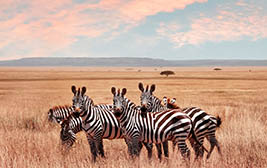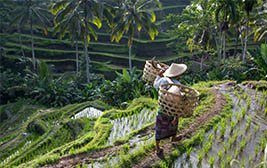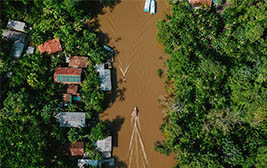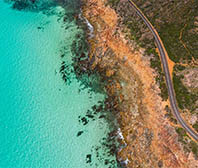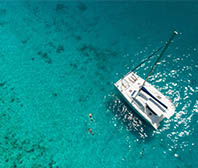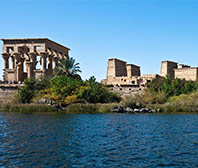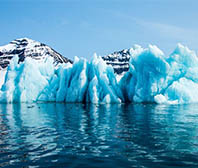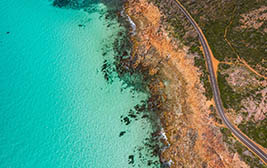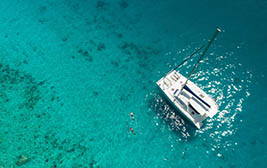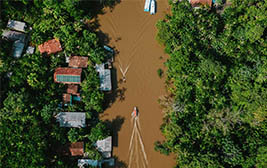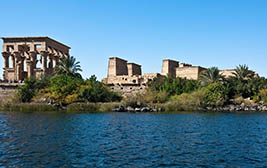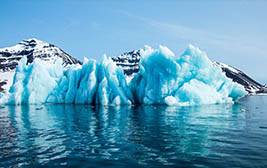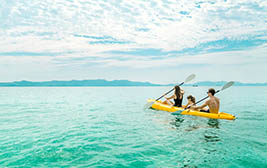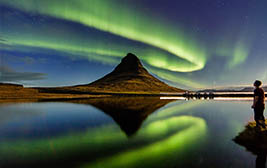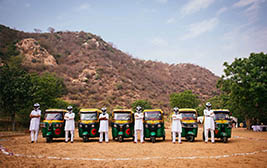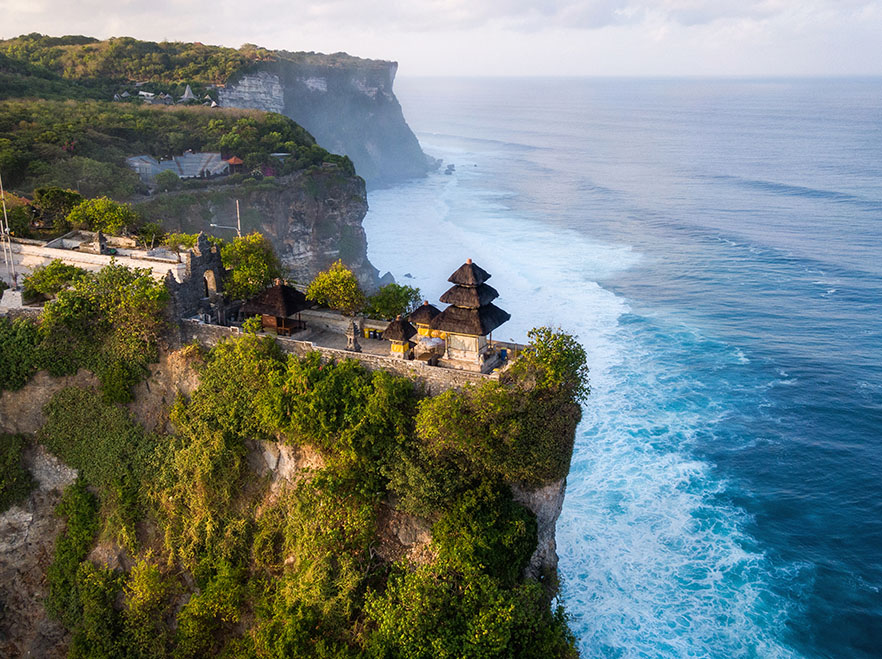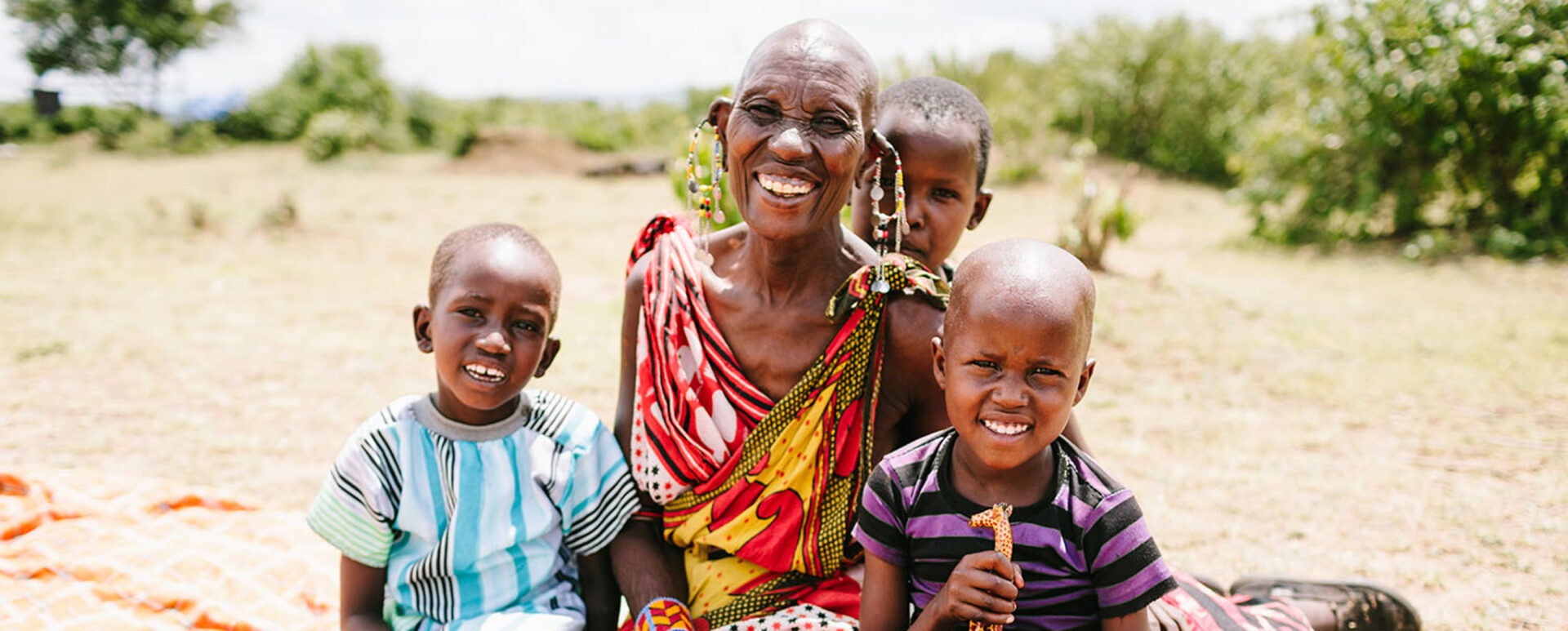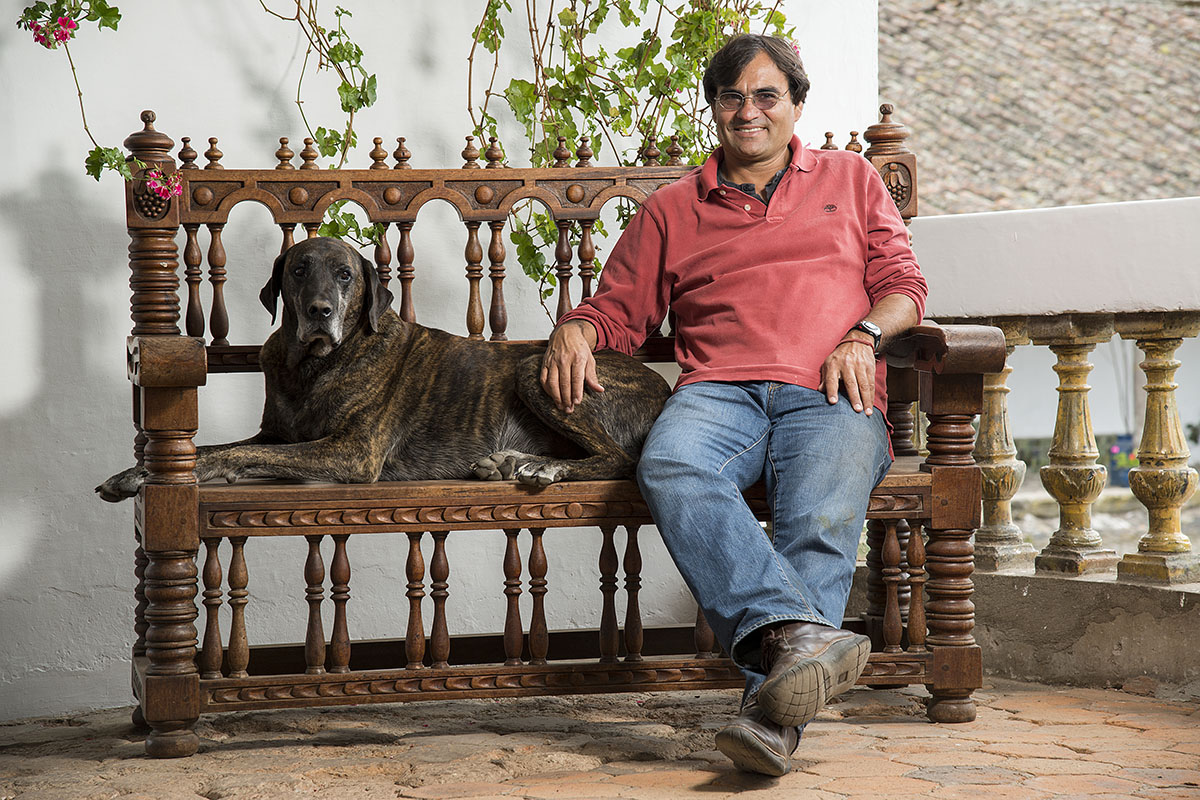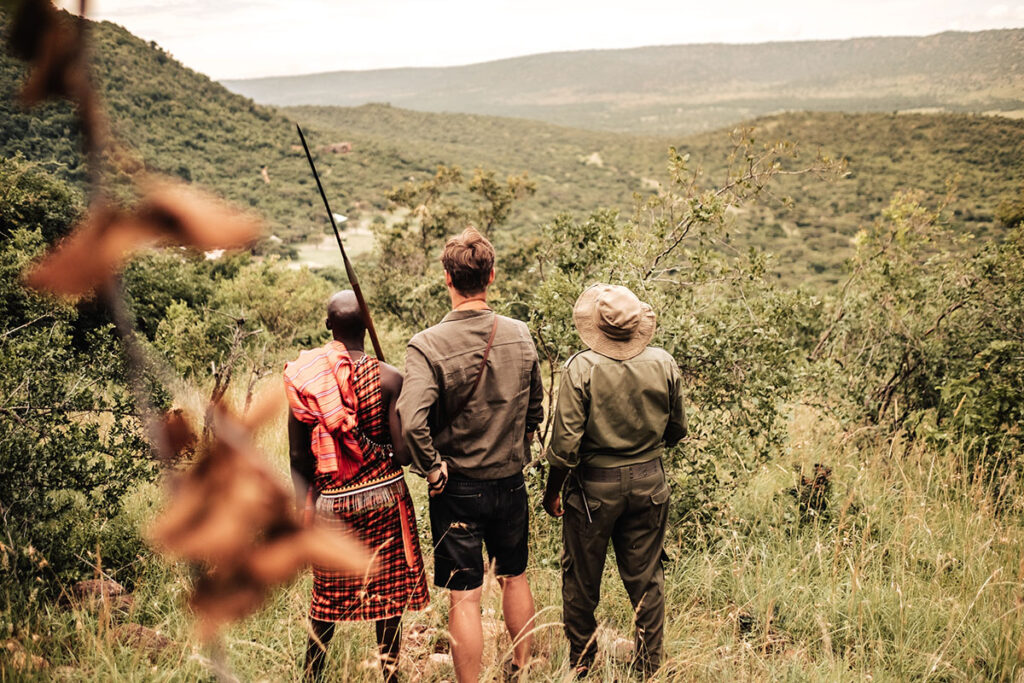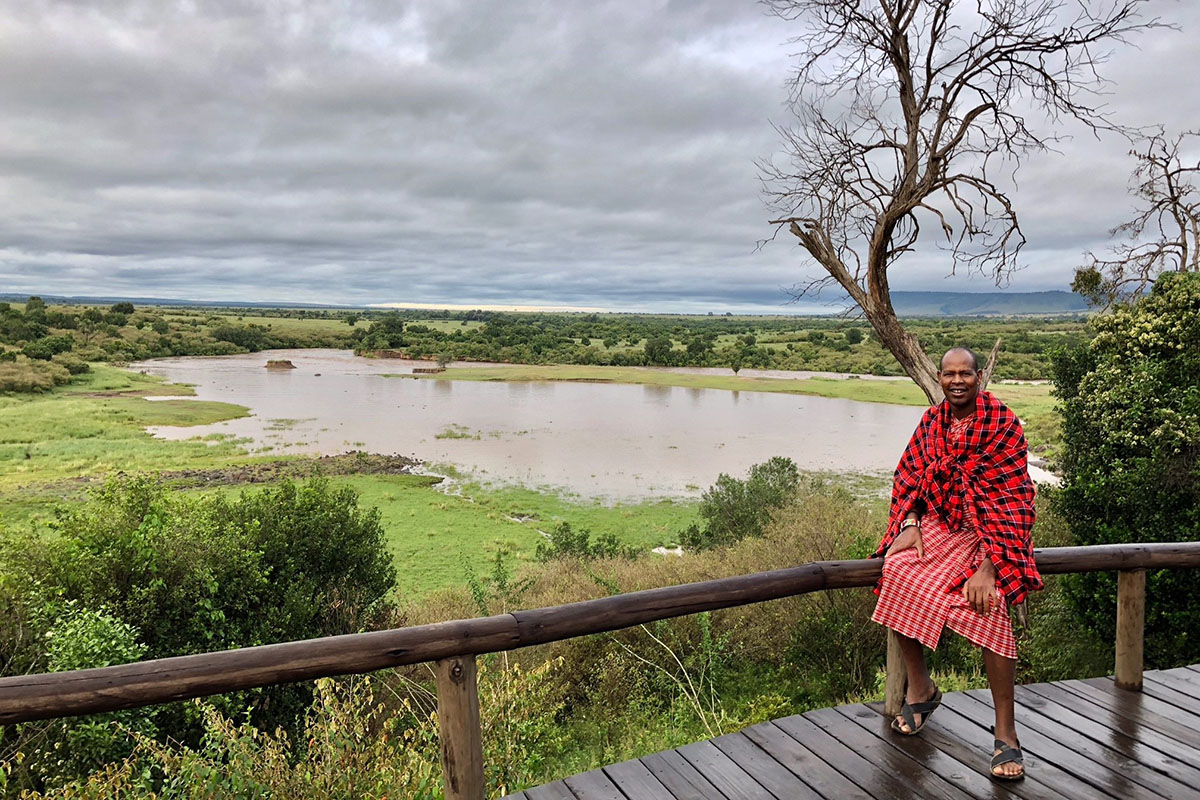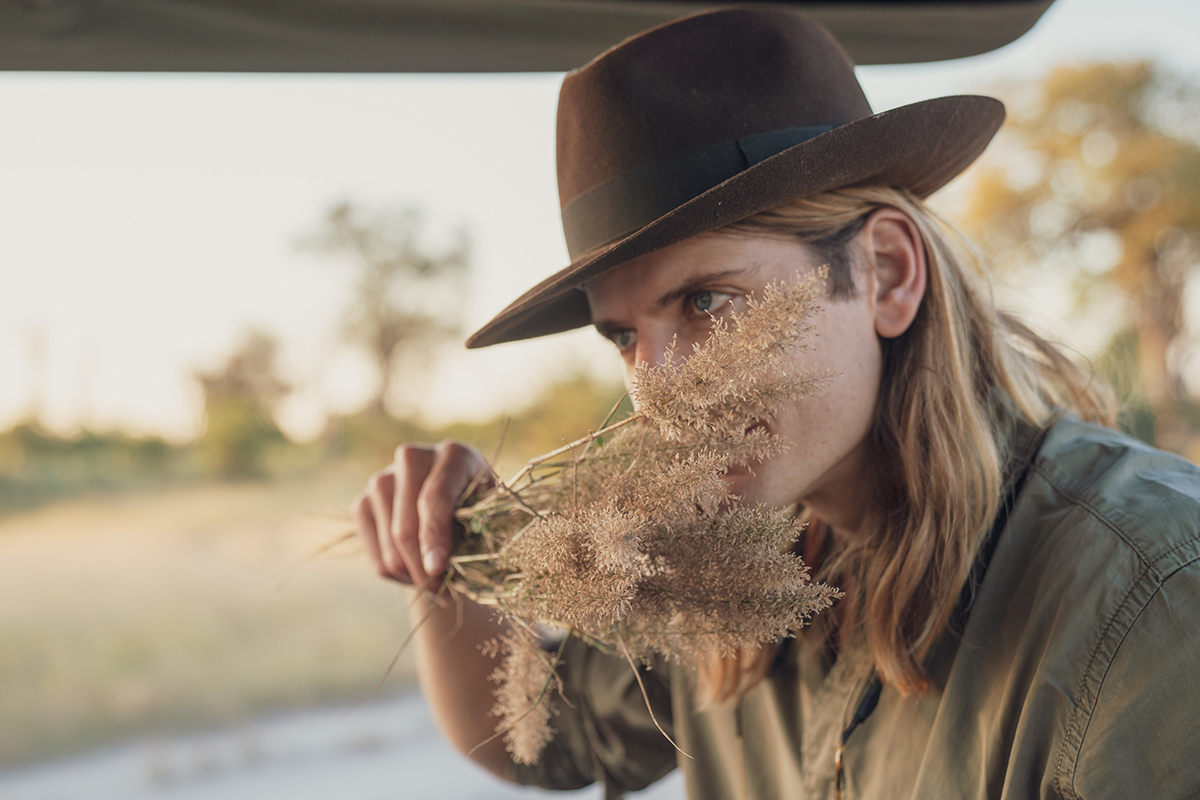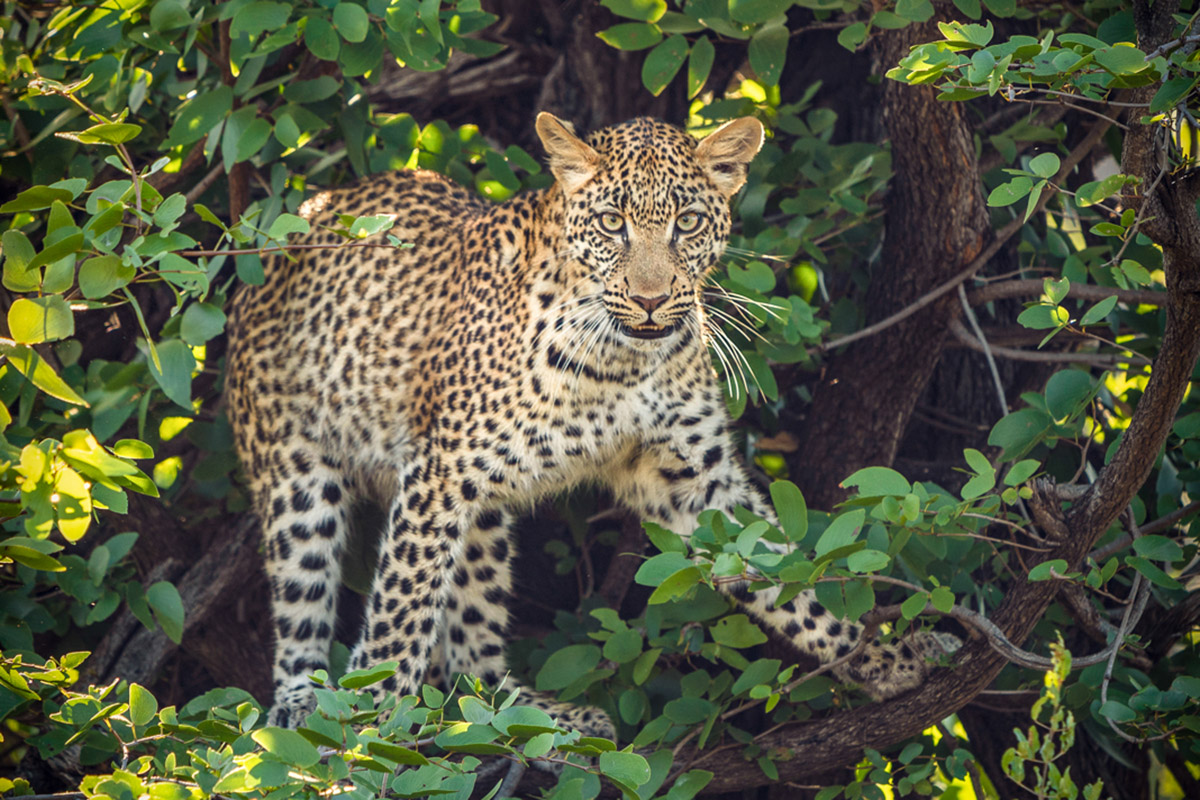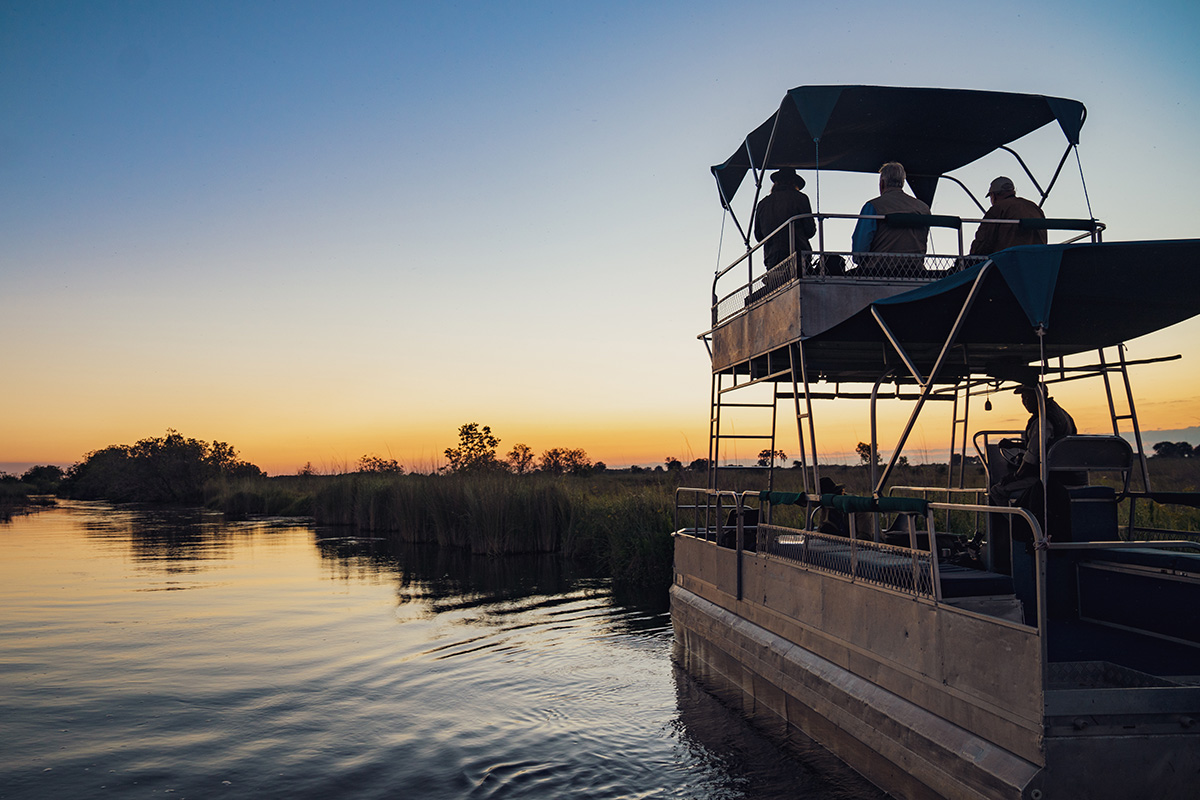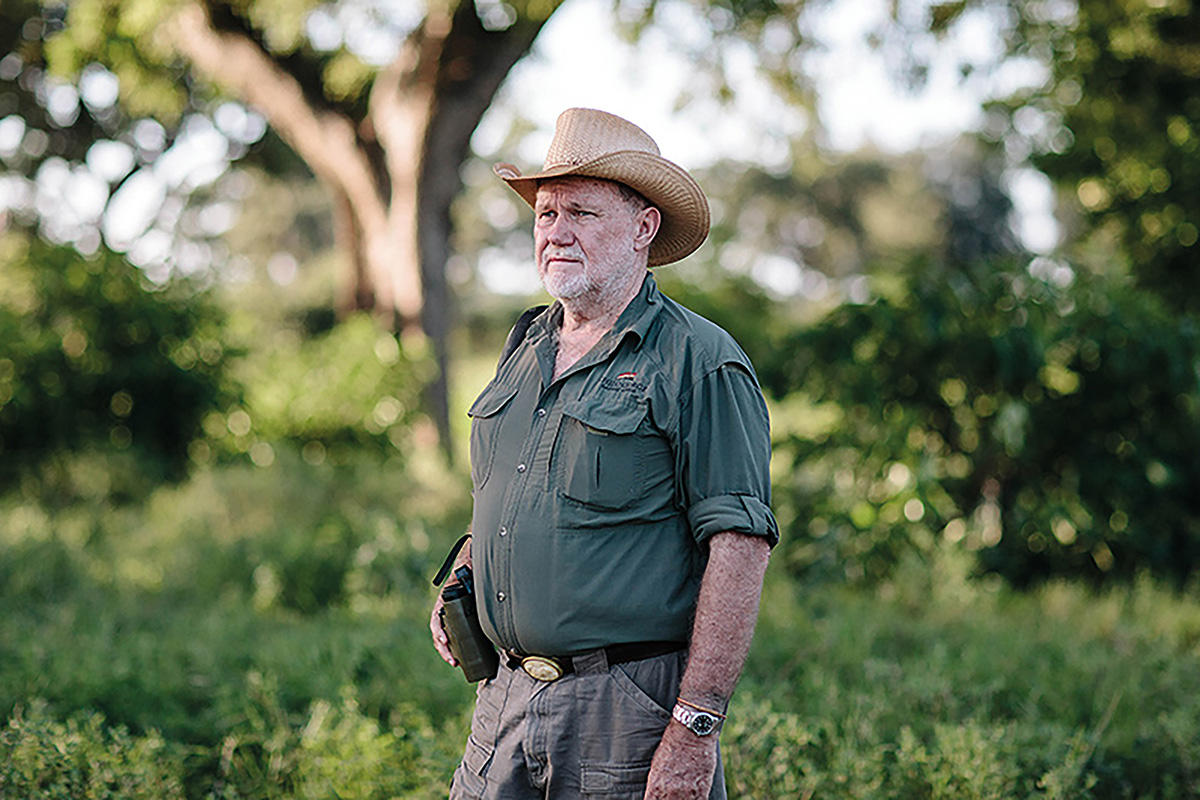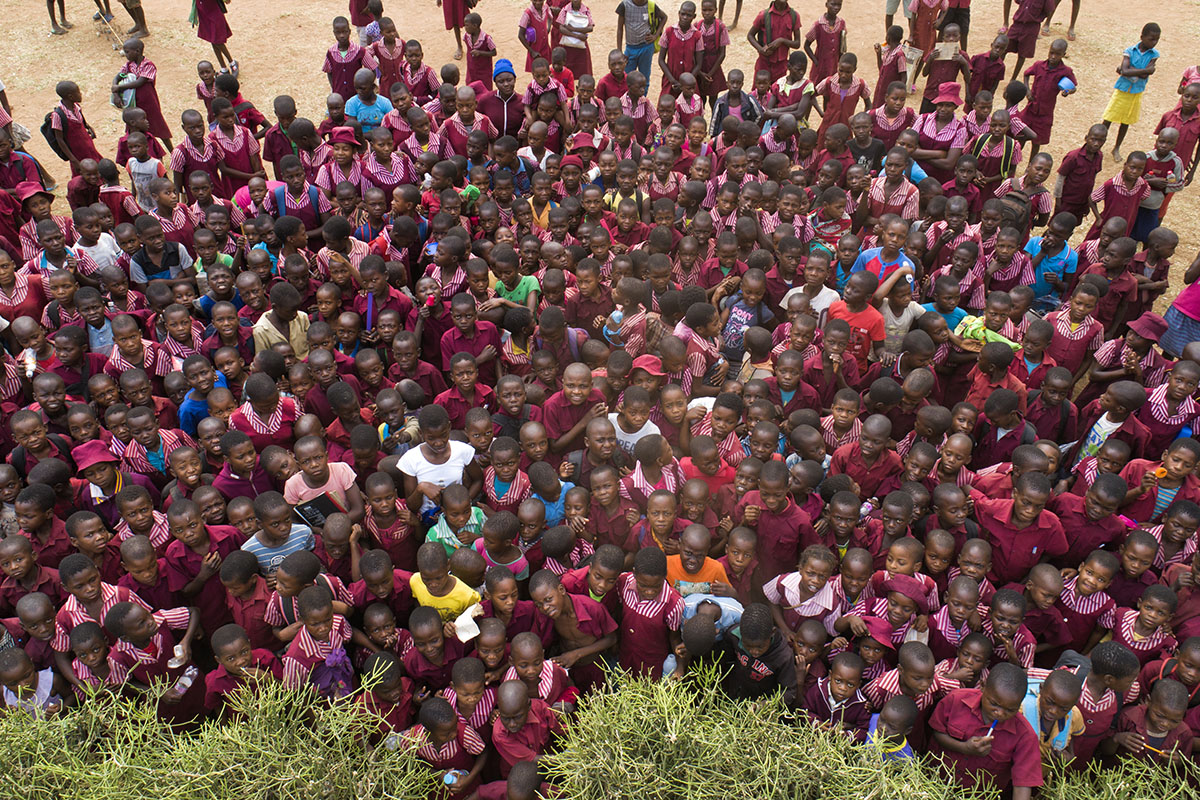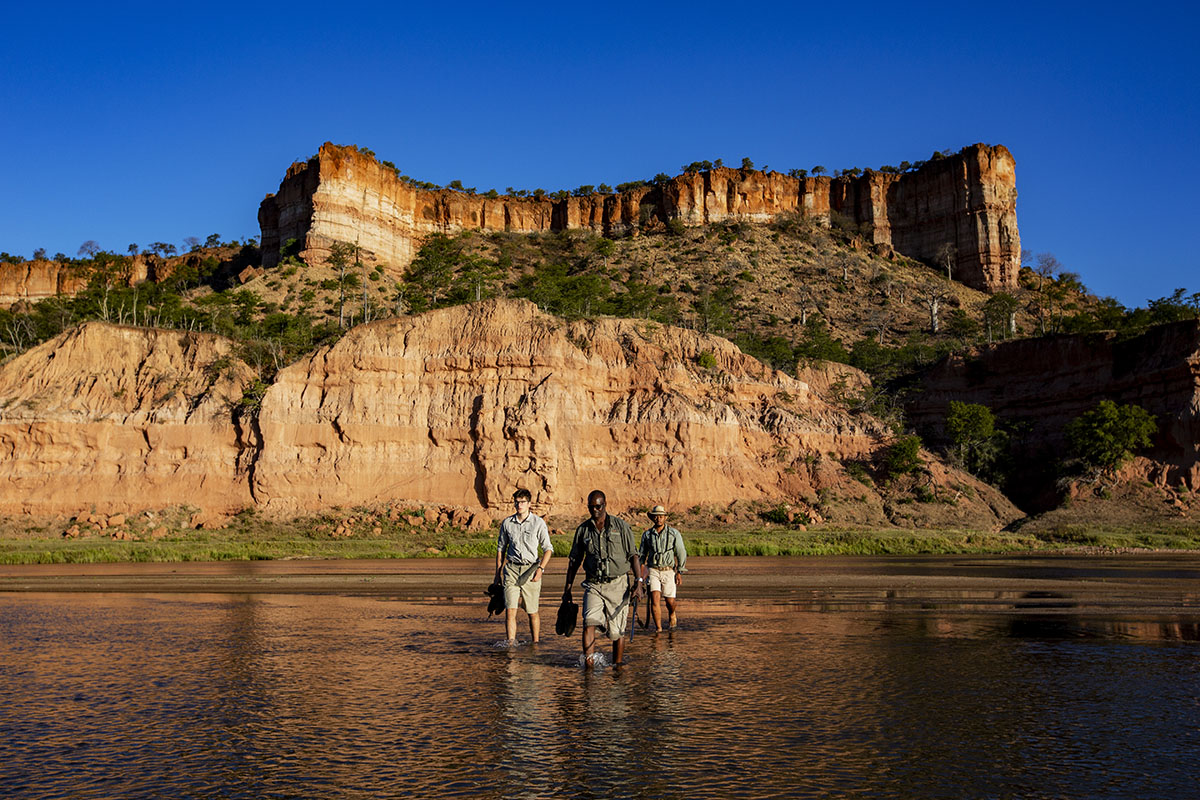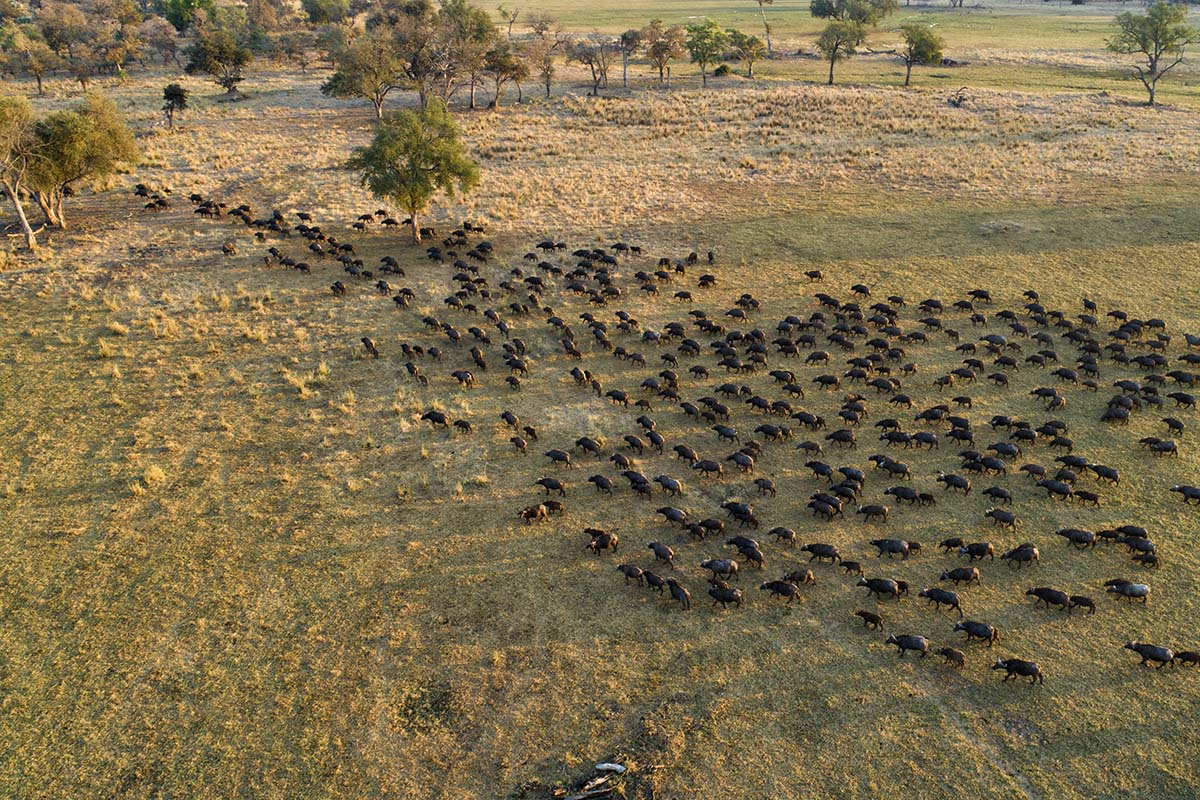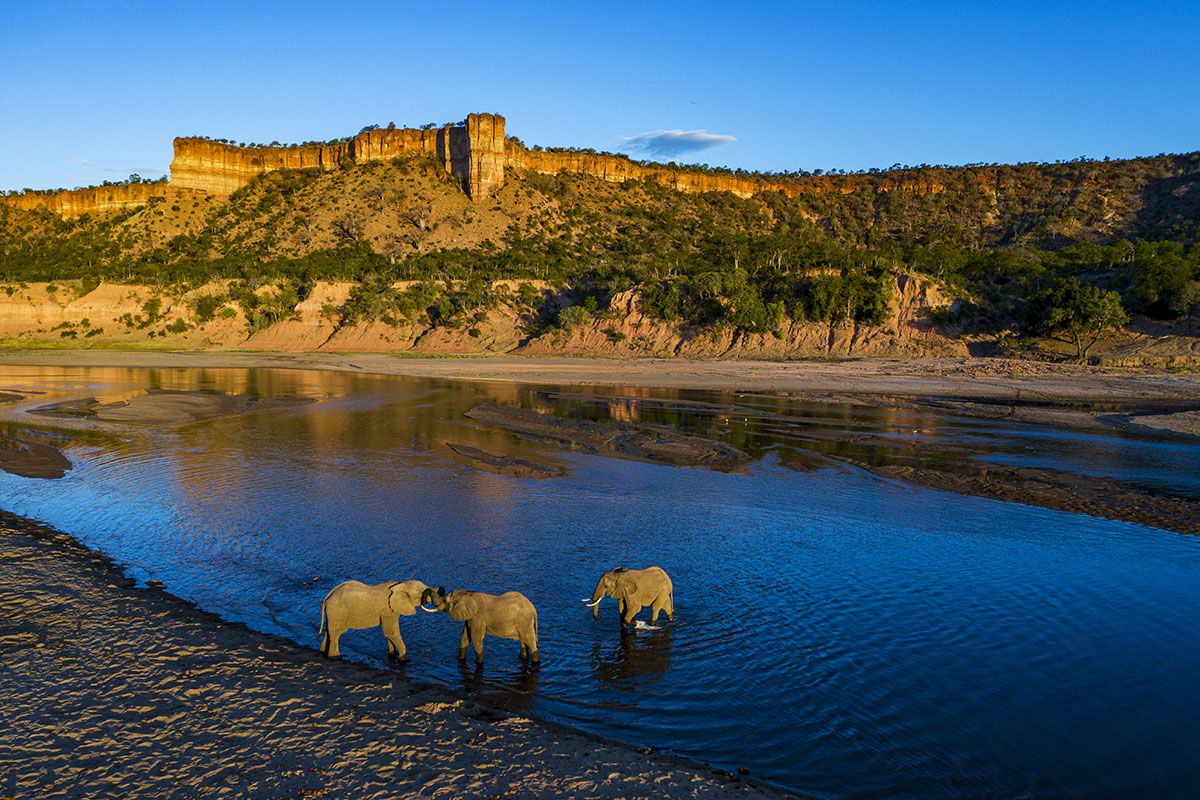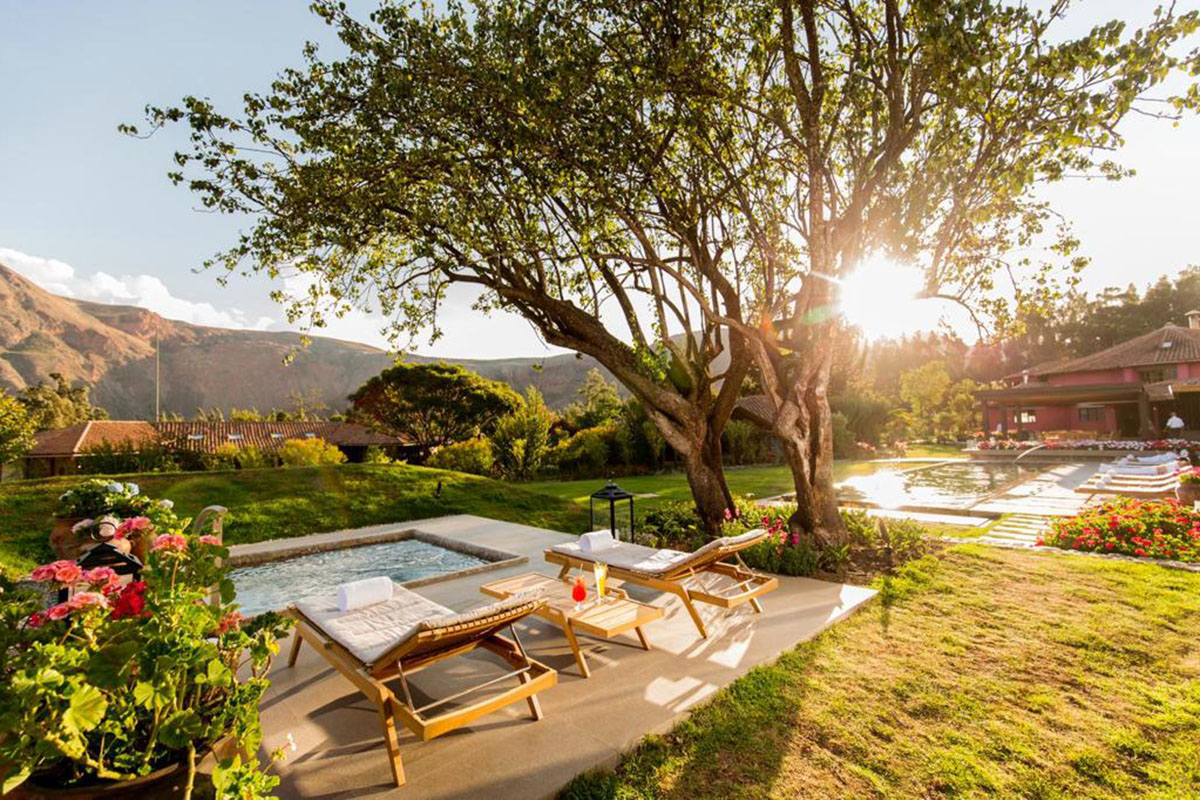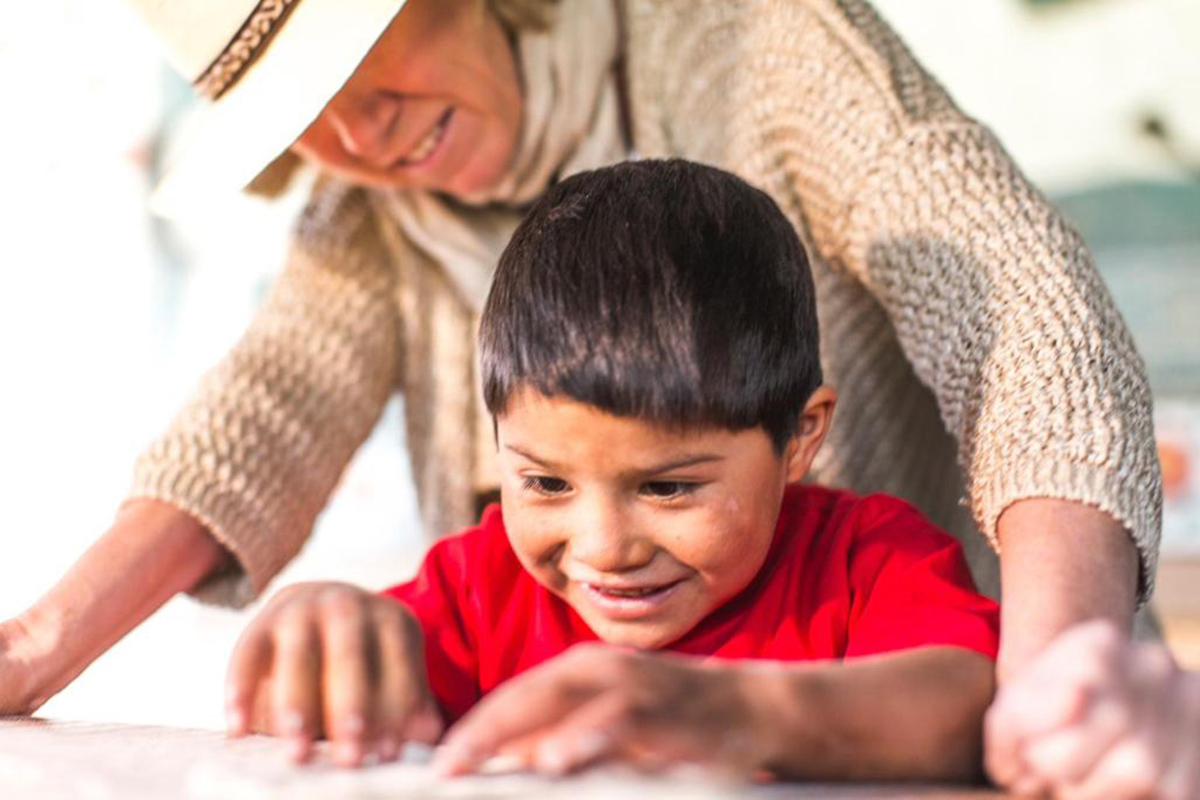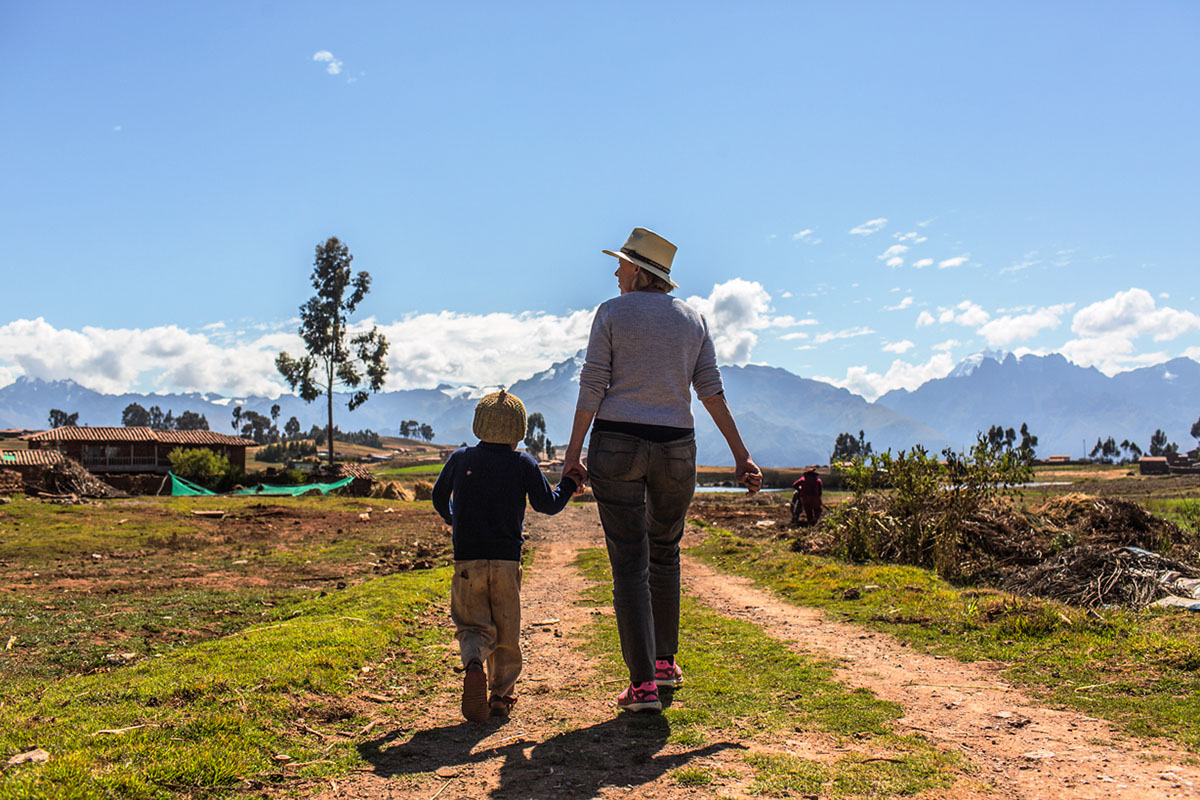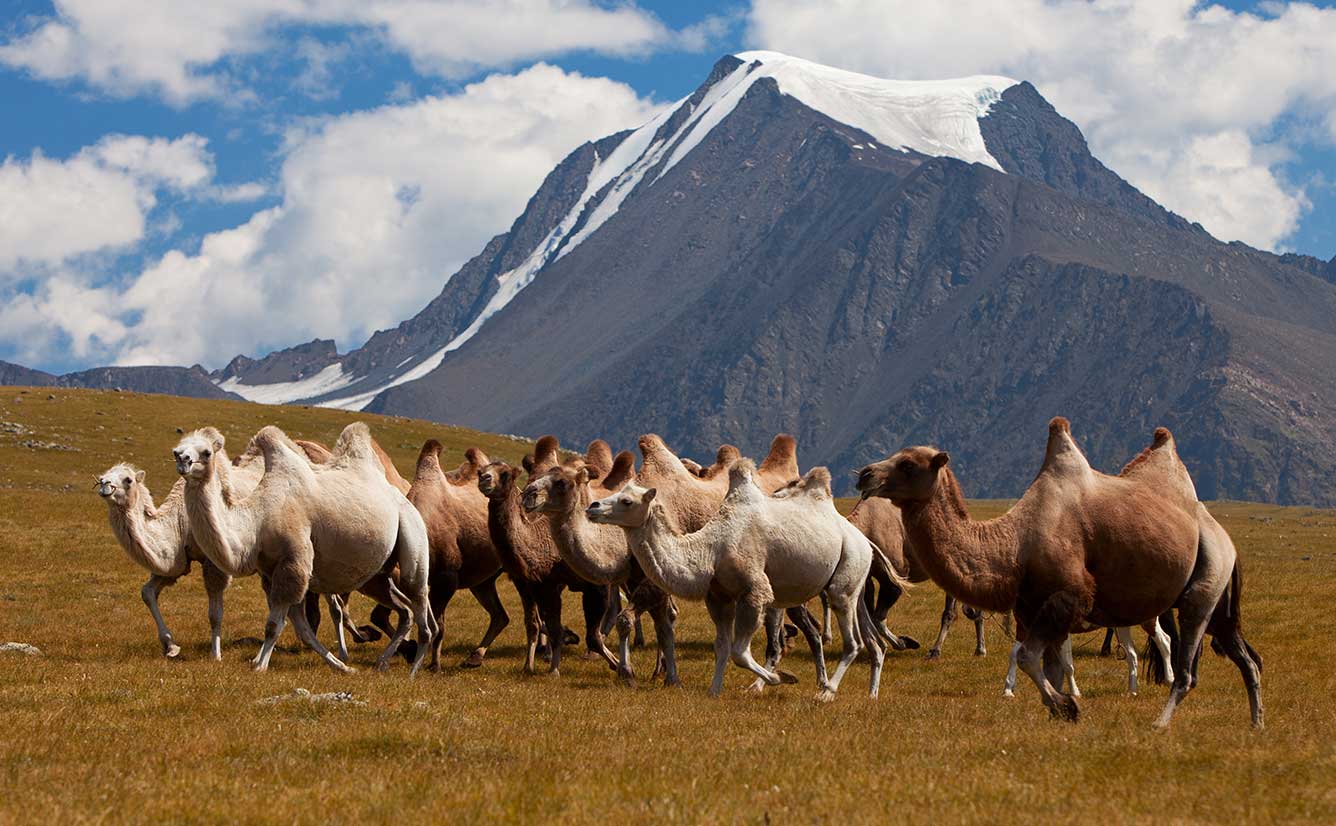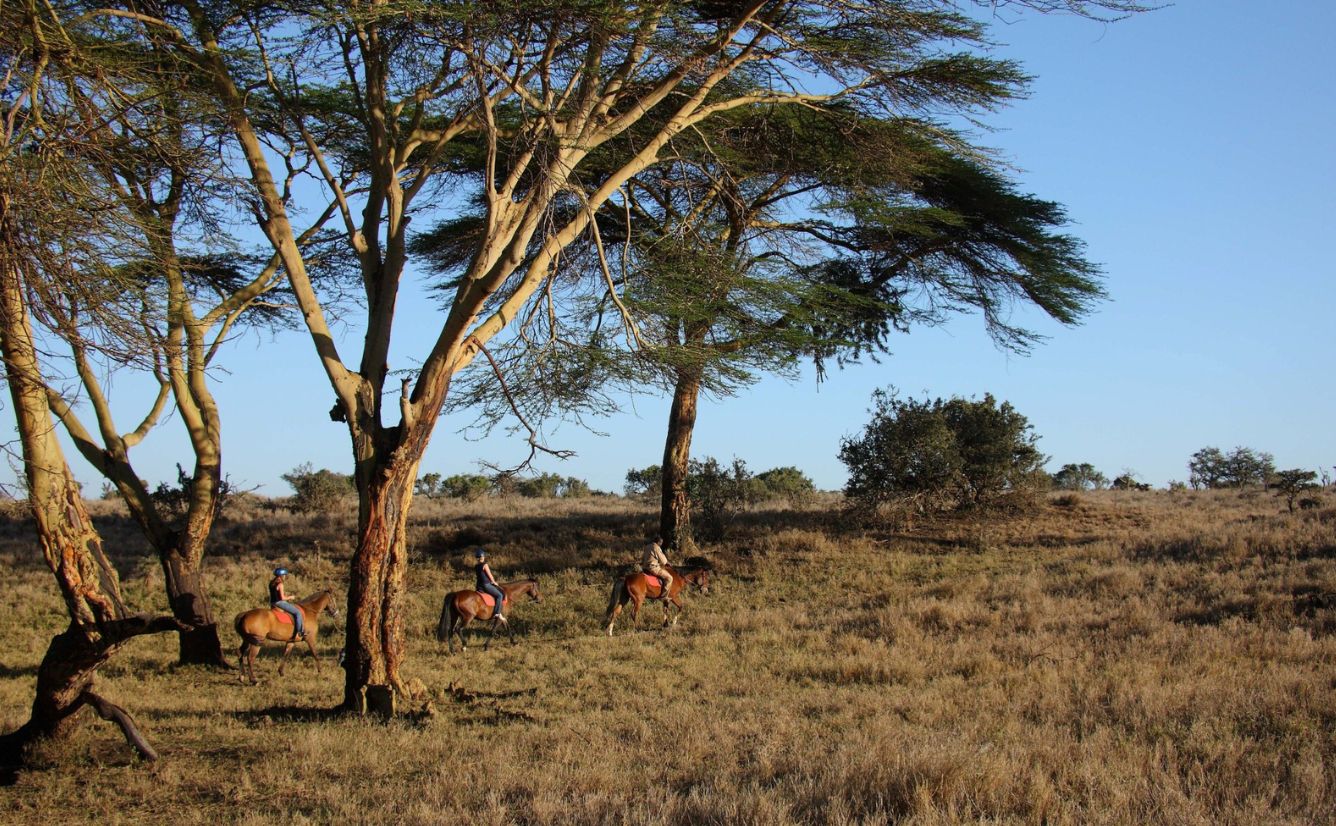Many of you have asked us about the impact that COVID-19 has had on the wonderful destinations and regions we work in and are so passionate about – and, of course, the travel industry as a whole. Below, we speak to our owners, experts and a handful of our top private guides and friends to shed further light on this and to share understanding and insights as to what is really happening on the ground.
The overwhelming response has been that, while it has been an extremely difficult 18 months, we are all longing to welcome you to these sensational countries.
The pandemic has had a tremendous negative impact on the travel industry. We ask Founder + and Co-Owner, Henrietta Loyd, about how COVID-19 has impacted cazenove+loyd
“It has certainly been a very difficult year for us and truly devastating for our industry as a whole. However, our clients have been immensely loyal and supportive, for which we are incredibly grateful, and most deferred their trips rather than cancelled, which was a huge help.
As always, we have kept in close contact with our friends on the ground and monitored the evolving situation closely, and thanks to our experts and exceptional relationships with our trusted partners, we were able to continue to create fabulous trips for some of our clients. Although very few of our UK-based clients have been able to travel in the past 18 months, a number of our clients based in the US and elsewhere have been able to travel successfully and safely.
We are confident about the future. It is clear that there is undoubtedly phenomenal pent-up demand for travel, evident in the buzz in the office as our Destination Experts respond to the high number of enquiries they are receiving. I feel sure that as soon as our clients are able to, they will travel again. It’s a bubble waiting to burst!”
We ask our Co-Owner + Director, Christopher Wilmot-Sitwell, about how cazenove+loyd was able to operate in 2020 and the kinds of experiences it was able to provide for its clients
“Despite everything that has been going on, we did succeed in creating some unbelievable travel experiences for our clients, which, in turn, supported our partners on the ground and all those we work with who are so dependent on tourism. Equally importantly, we were able to work with both clients and partners on the ground to come up with a solution that worked for all when a destination was not operating during 2020 and 2021, and many have spectacular trips to look forward to.
When we were able to operate, clients enjoyed much-needed holidays to remote islands in the Maldives and the Seychelles. Both of these destinations were ideal during COVID times because they stayed in beautiful private beach villas or over-water villas, depending on their needs and likes, where they could be completely cut off from any other guests and free to enjoy their private pools and beach access in total privacy.
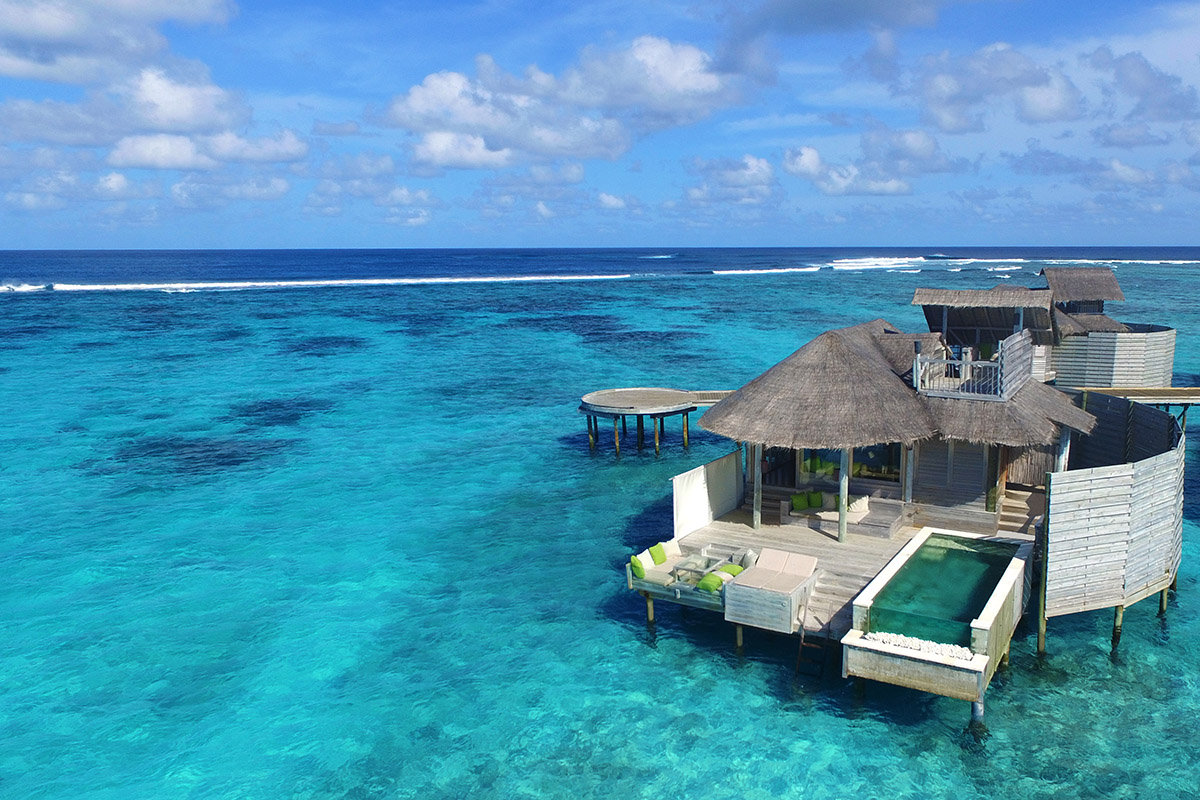
We were also able to arrange some very special African safaris for our clients, arranging for them to stay in private houses or securing camps or lodges exclusively for them, so they could have a slice of Africa all to themselves. In all cases, our knowledge and contacts ensured that this was as stress-free as possible, even when regulations changed.
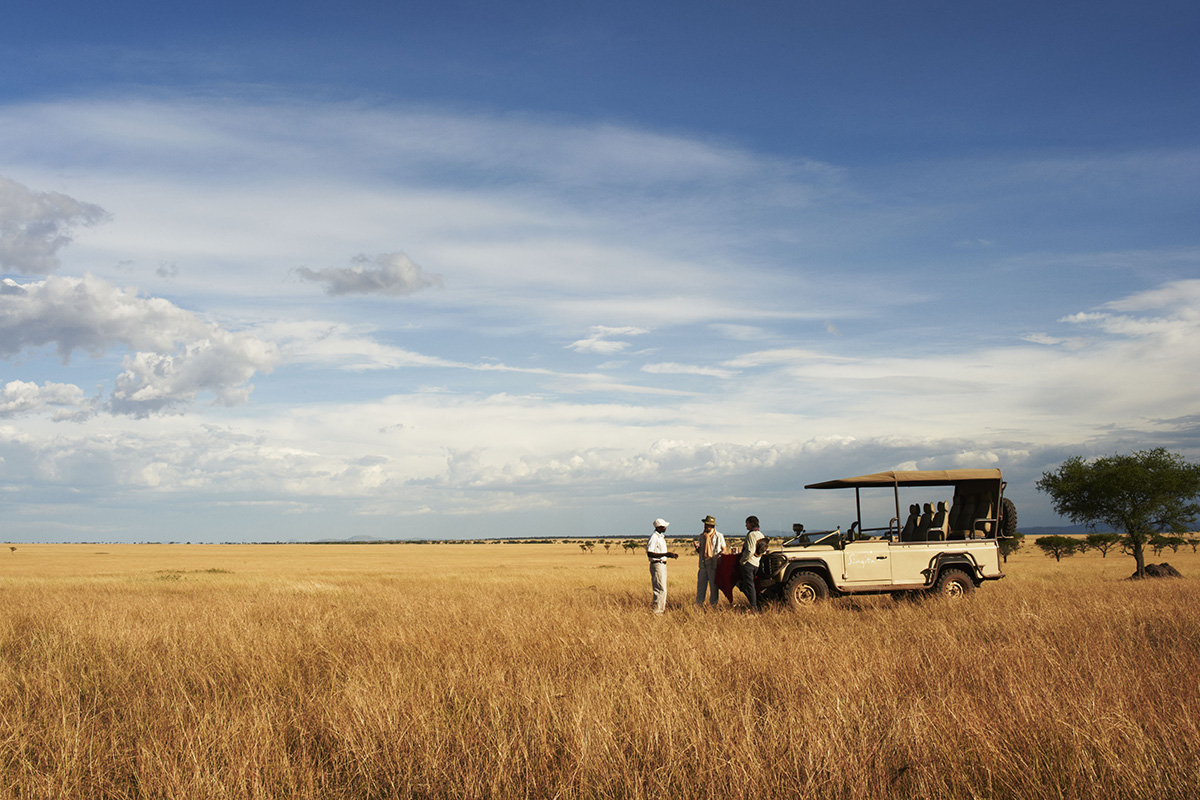
We have a fantastic VIP service in place to help navigate the airport and make any journey to our destinations as smooth and easy as possible. This is more desirable than ever before. We are here to hold our clients’ hands at all times and can ensure that everything is seamless before they travel, while they’re away and on their return. As always, our clients have private transfers on the ground and a friendly face or reassuring voice at all times. We continue to work very closely with our friends on the ground to ensure that everything runs smoothly and is safe for all. We are thrilled to be designing so many future trips for clients who are keen to get exploring and make up for lost time. Our knowledge has never been more important as the world gradually opens up.”
Over the past 18 months, we have been constantly in touch with our guides and spoken to them regularly. We asked a handful of our favourite guides in our destinations to give you a true insight into what’s happening on the ground
Sami Twal, one of our favourite guides in Jordan who has been guiding our clients for more than seven years:
“When the pandemic started, I looked for a bright tomorrow and wanted to believe that the light at the end of the tunnel was near. I had to find my way through this chaos, survive and maintain the minimum standards of living that my family and I had enjoyed before. Savings of two decades and some assets had to be sacrificed. Luckily, I am not the only source of income to my family. My wife is a teacher and her income wasn’t affected. On the contrary, having her teaching from home online was a relief for me and my children who also had to continue their studies online. So being together all the time was a blessing, especially after the career that I have been doing for the past 25 years.
Although I don’t think that the future of the tourism industry will ever be the same again, I am optimistic and can’t wait to start meeting cazenove+loyd clients once more and sharing my incredible country with them. I would urge your clients to travel to Jordan soon. It has far fewer visitors than before and great vaccination figures, making it safe, and after the UK summer is a great time to go. Even better, they should join me on the wonderful small group trip I am guiding in September.”
Jigme Norbu, our favourite guide in Bhutan, who has guided our clients around this magical kingdom’s five valleys for nearly a decade:
“I have survived this pandemic with prayer, puja, my family, lots of hiking and some archery! Once Bhutan closed its borders, all tourism work halted, but my boss, Ugyen, kept paying our team a reduced salary until the government set up the Kidu scheme for everyone. I live with my family in Thimphu and, during each lockdown, we were homeschooling our kids, which was nice for me as usually in high season I am away from home so much. It has also been good to enjoy the outdoors with less people around, and every time we go to temples for puja, it is only Bhutanese around. But we are missing visitors from abroad now, not only because of the income but because I love to meet interesting people from overseas. Our team has also gone out to recce possible new trails for hiking and biking for your clients and we have spent time studying Bhutan’s flora and fauna, first aid and aspects of our culture and religion in more detail, ready for when we can invite guests back.
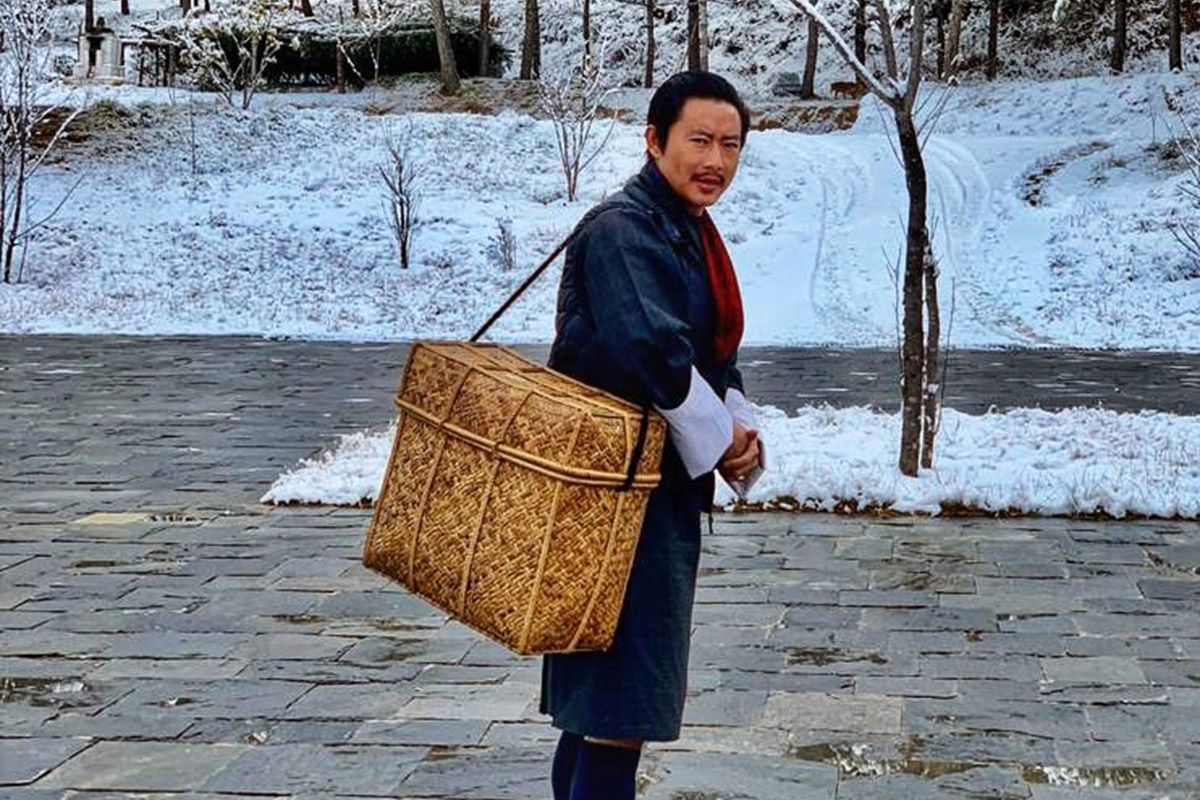
Like some of my colleagues, I have now joined the Desuups (‘Guardians of Peace’) and am on duty at the moment, helping to keep our border with India secure. In the face of our current global crisis, this national corps of volunteers swelled in number to serve their community. Many Bhutanese citizens have joined up to assist wherever there is need – from relief operations, charitable activities, border security, vital conservation and construction projects, and now the vaccine roll-out across the kingdom.
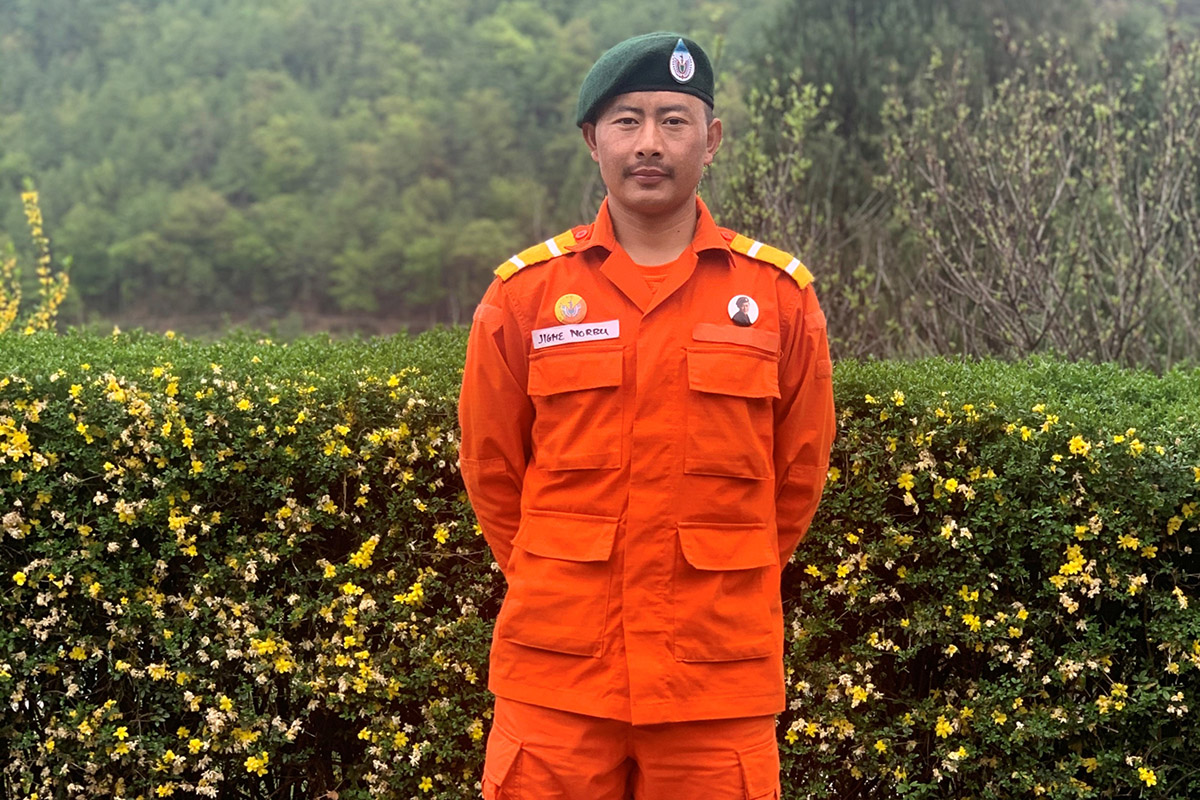
I am optimistic about the future. Thanks to our wise king and government, Bhutan has managed to keep COVID almost completely out. We still only have had one COVID-related death and everyone has received their first vaccine dose. Next week, the whole country will receive their second dose. I believe that your clients need Bhutan almost as much as our economy needs their business. Bhutan is an escape from the craziness of the rest of the world. We look at life very differently, it seems, and our leaders are forging a new path to the future based on Gross National Happiness, sustainable development and a deep respect for our nature. Maybe we can help spread the word that there is another way? And of course, after the awful year and more that we have all experienced, everyone could do with a holiday and a chance to reset.
Our visitors have always received the warmest of mountain welcomes but we have missed you all, so once our borders open again, the welcome will be huge. As a country, we are coming out of the crisis quite undamaged and are ready and waiting to welcome visitors.”
Efrain Valles, our best and most long-standing guide in Peru who is perfect for families and those wanting to explore the great outdoors:
“In March 2020, I was just gearing up for a full season of guiding clients in and around Peru, Cusco and Machu Picchu. My work went from full time to zero literally overnight, as Peru locked down and all my trips were cancelled. It was crazy. Cusco 100% depends on tourism and, all of a sudden, it dried up and there was no work for any of us – not just guides but hotels, restaurants, taxi drivers, souvenir sellers – all of us were out of work and trying to make a new living.
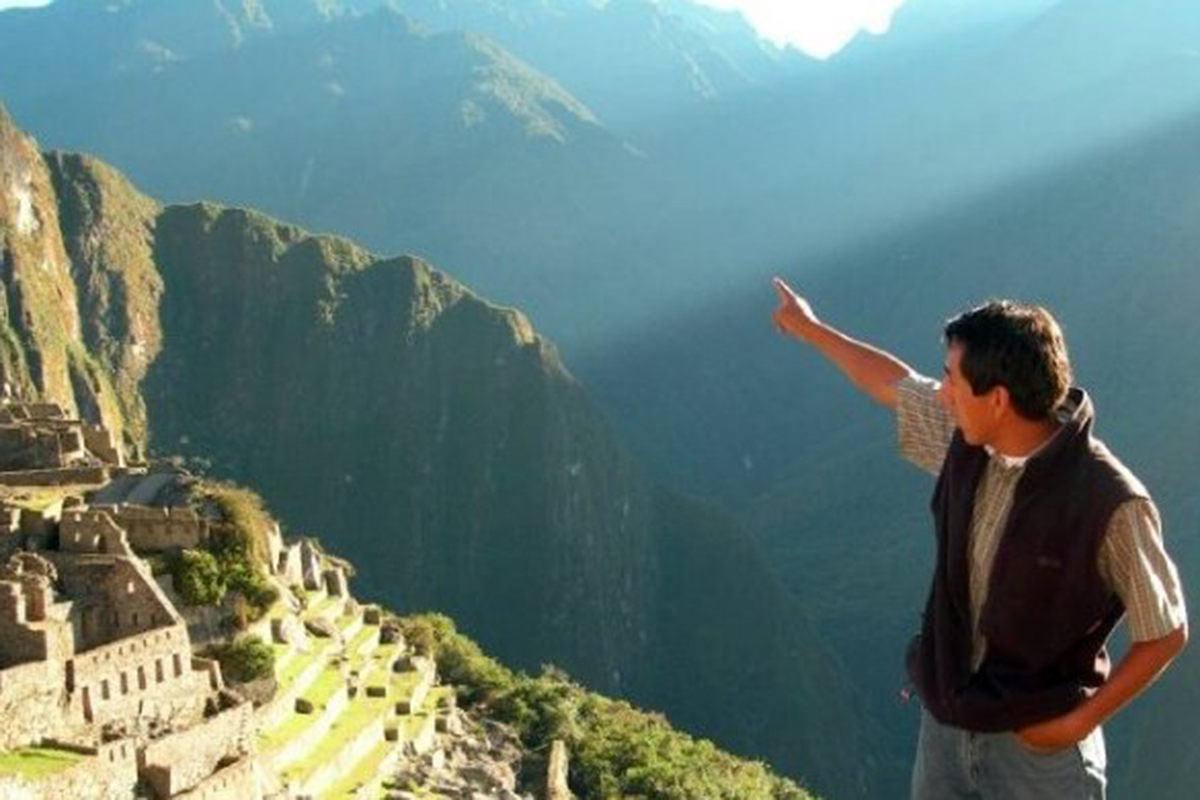
The government did not give us self-employed workers any help, so we had to cut back and make savings everywhere – by not buying anything other than the absolute necessities of life. I had to keep the internet on so my kids could school online. Luckily, one of my fellow guides, Xavier Ccoa, helped me set up selling avocados and other fruit and veg from the nearby town of Limatambo, where he is from, so we could generate some income. We also started making organic, fresh homemade ice creams to sell on the street. I even dressed up in a Superman costume to sell them. Quite a change: from Wanderlust’s World Best Guide in 2016 to ‘the world’s best ice-cream seller’!
When we realised the 2020 season was not going to happen and this pandemic was going to be with us for quite some time, our manager set up Gofundme sites for my fellow guides and me to raise funds through micro-projects in order to diversify and find alternative income streams. My project is to set up an organic compost collection and distribution centre, picking up the markets’, hotels’ and restaurants’ discarded food waste and converting it into valuable compost to sell. It’s a long project that is slowly starting to get going and the funds have been invaluable in helping to get my start-up company going, as who knows when tourism will be back to normal levels? It will be nice to have a fall-back income, so as not to have to depend on tourism so much in the future.
I am confident things are improving slowly. I am literally answering these questions en route to lead my first Salkantay trek of the year. Peru is opening up to visitors now and we are excited to welcome everyone back. I have really missed sharing my country, my passion and knowledge of all things Peruvian with your clients. And now is a really good time to travel to Peru. Before the pandemic, the country was starting to suffer from ‘over-tourism’. Machu Picchu was receiving more than 3,500 people a day, Cusco and the Sacred Valley were awash with tourists and we really had to work hard to avoid the crowds and get your clients off the beaten path. Right now, Peru is empty! Last week, I was in Machu Picchu and counted just 18 other visitors in the whole place. I cannot ever remember seeing it like that and it was so very special and exclusive.
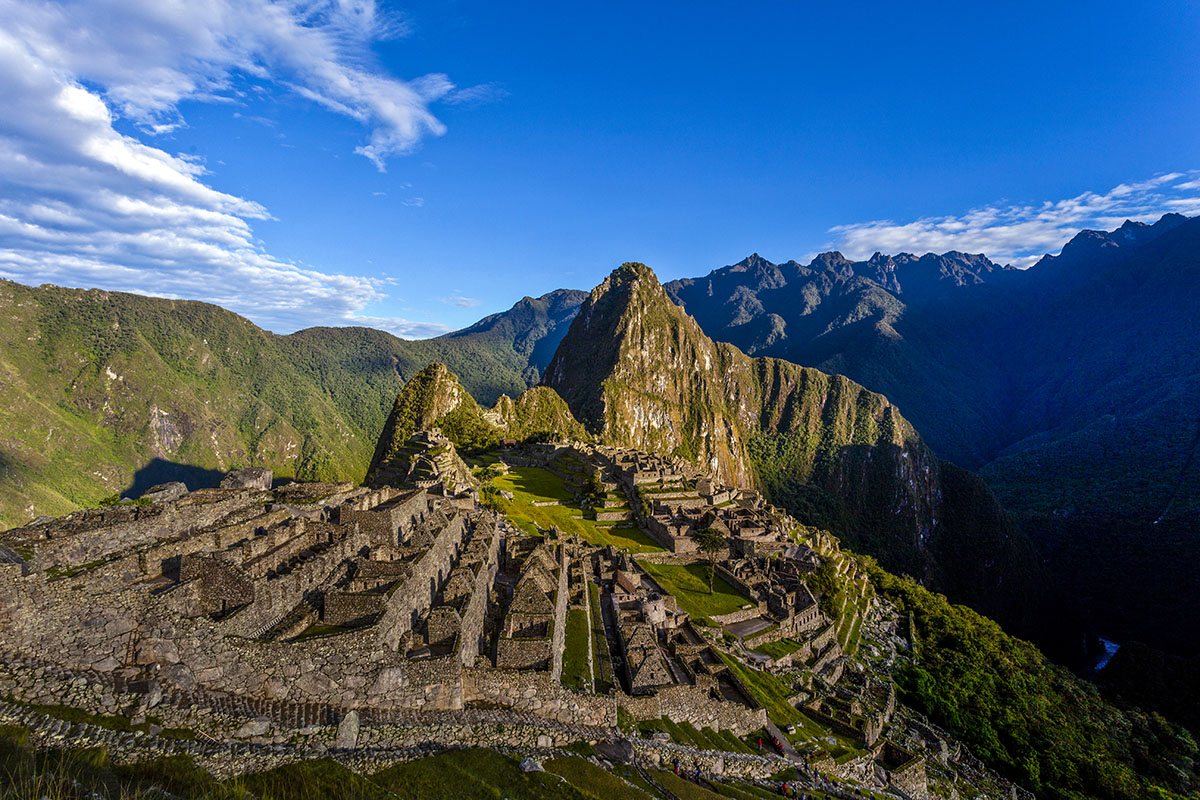
We are opening up – yes, it’s not quite ‘normal’ but Peru has tons of space and the greatest outdoor adventures available, so you really can visit everywhere. All over Peru, protocols are in place to run good, safe trips here. The vaccination programme is also progressing slowly but surely and Peru is also making travel restrictions less complicated and more visitor friendly. Since cazenove+loyd’s itineraries always embrace the great outdoors and encourage clients to experience places that are remote and where they can meet local communities, Peru is perfect. I am so excited about showing your clients around soon.”
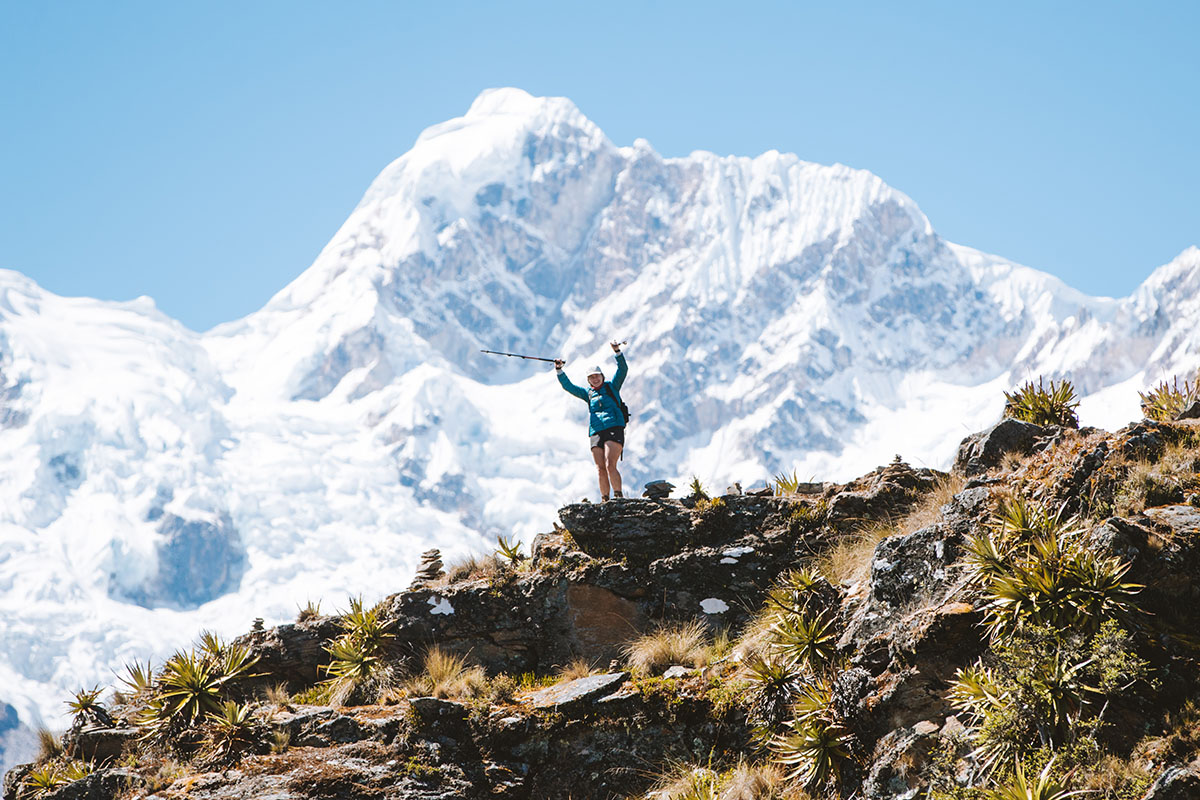
We, at cazenove+loyd, love small, owner-run properties, and these have been affected even worse than larger hotels by the pandemic. We asked the owners of some of our favourite lodges and hotels to describe some of the challenges they have faced
Ang Tshering, owns and runs The Happy House in the Lower Solukhumbu region of Nepal and will be looking after Henrietta Loyd and our clients on our small group trip in March 2022:
“For the whole of 2020 we had zero visitors at The Happy House. Now we are running into more than a year and half of almost no bookings. As a business, this has been the most challenging, but for me, the most difficult thing has been to keep the spirit of our team alive and keep the fire of optimism burning. Luckily, our work with the community and some of the projects we were able to run have kept us motivated and determined to carry on. It has also filled me with deep satisfaction and joy, during this difficult time, to be able to play my part in being there for the team and the community through my work in travel.
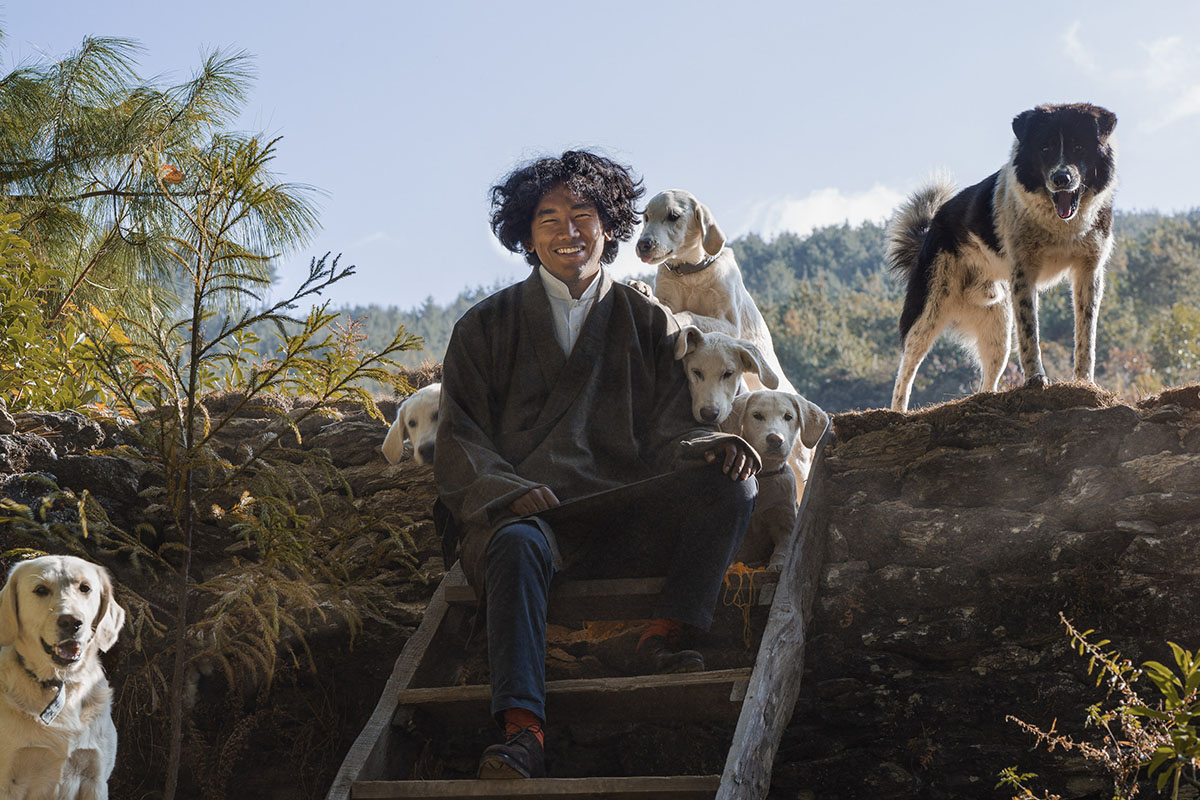
The people of Solukhumbu rely heavily on their income from tourism, but since the COVID-19 pandemic, they have all been out of work. A complete loss of income, together with no support from the government has made life very difficult in the region. One of the most upsetting side effects of the pandemic has been the impact on health Many people who need medical attention in the mountains have not been able to get care. Travelling to the capital, Kathmandu, now has become more difficult and more expensive, which adds a greater strain on our already difficult situation.
We have gone to extreme lengths to maintain our full-time workforce. We have implemented several efforts to support our community. In a regular season, most people in tourism earn around US$400 per month, which is a total of US$1,200 per three-month season. Our hope was to raise 50% of their seasonal income, so US$600 per person. We ran a successful fundraiser and were able to support more than 28 people with this financial assistance. As most of them are the sole source of income for their families, this will go into supporting 20 families to survive the remaining months until travel can resume again.
We also ran a free five-day mobile health camp with five specialist doctors from Kathmandu in the remote community of Chichila. We were able to reach a total of 417 people who were treated, given free medications and also received several minor surgeries. This year, we are currently employing 35 people working with our partner organisation, Phaplu Mountain Bike Club, by providing employment in trail building for hiking and mountain biking in the region. This will be the first of its kind fully dedicated to the mountain-bike trails of the Himalaya.
Nepal relies heavily on its travel industry. It is one of our biggest industries and the number of visitors entering the country has a direct positive impact on the ground. Now more than ever, every dollar spent will go even further and will make a much more meaningful contribution to the people. At The Happy House, every guest who stays has a direct contribution to its social projects. We are particularly excited about the small group trip you are running here in March 2022 and cannot wait to welcome your clients, so we can continue our work with the community through them. Apart from the economic benefits, it will mostly give hope during this difficult time.
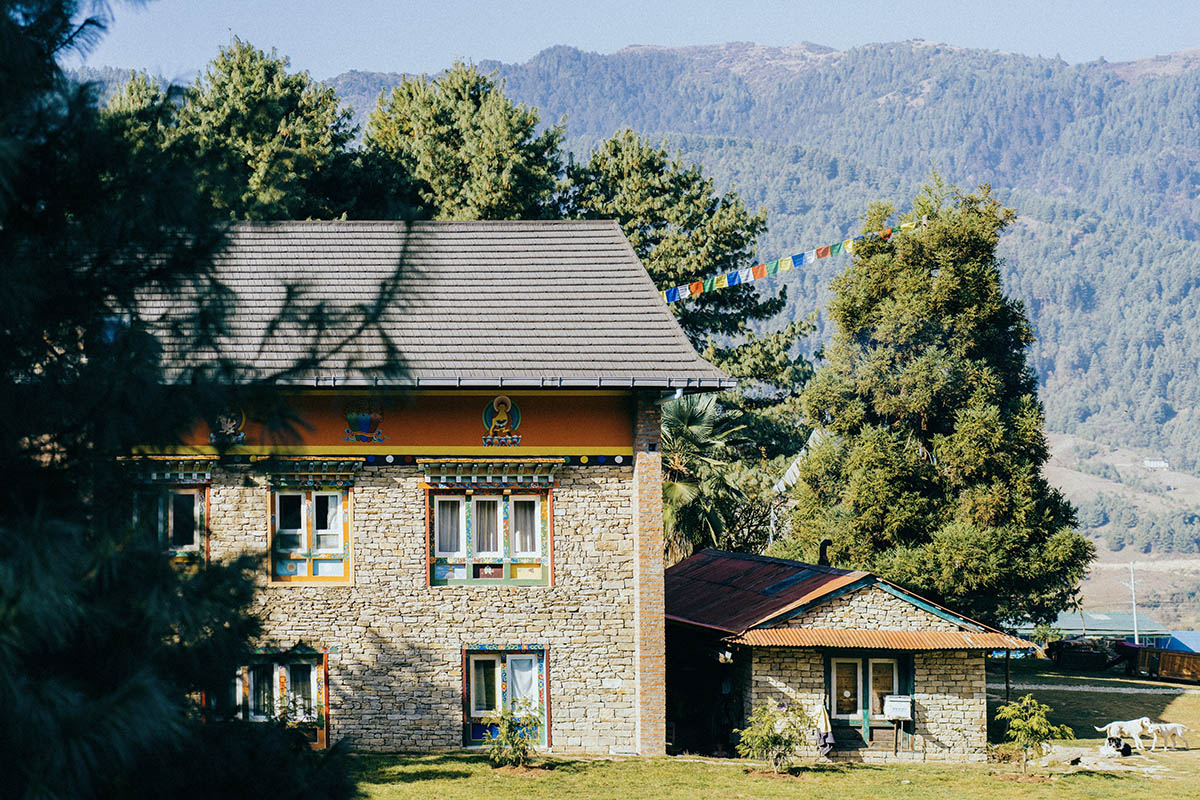
Also, after a year of almost no visitors, the wilderness has had some time off and, like us, many other properties and communities have used this time to improve their offering for visitors, so we are all ready to start welcoming guests. In Nepali culture, there is an ancient Sanskrit saying, ‘Atithi Devo Bhava’, which means ‘Guest is God’, and this is believed with the highest regard. Now the visitors truly will be gods for many communities that have suffered so greatly throughout this pandemic.”
Hen Cottam, a long-standing friend of cazenove+loyd and the wonderful hostess at Why House, our favourite place to stay just outside of Galle in Sri Lanka:
“The pandemic caught us all on the hop and we found our season quickly curtailed. However, we were able to use the time to renovate and keep everyone on track, as we rejigged our calendars and refunded our lost bookings. I was genuinely surprised we weren’t all back in the groove by September, but this ‘thing’ seems to be around for a bit longer, so we have had to readjust our expectations and plan a bit more. Local guests and expats have been our clientele, with quiz nights and Sunday lunches keeping the kitchens ticking over and the staff busy. Luckily, we have been very well looked after by our investors and have managed to retain most of the staff who have been busy mowing lawns and painting!
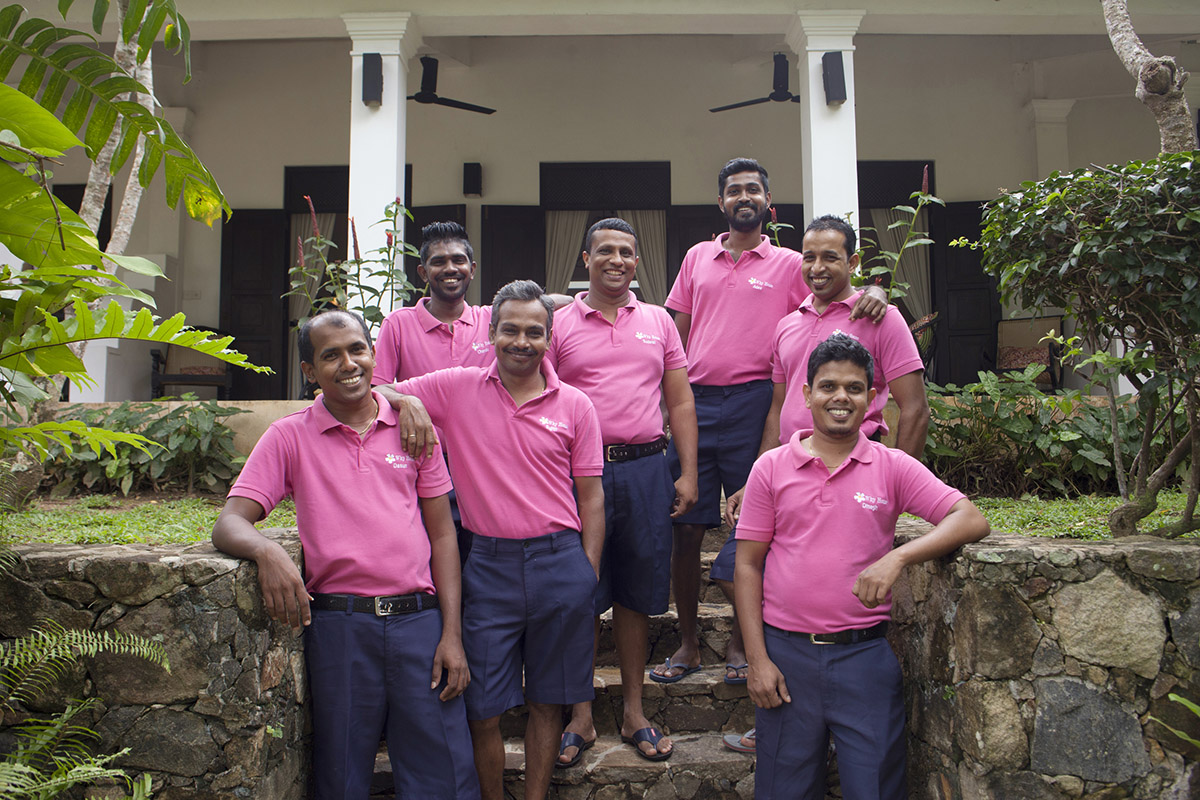
The impact has been devastating on Sri Lankan tourism and I cannot say the government has been very supportive, but the tourist associations have tried very hard to keep us informed. I do feel optimistic about our recovery, as I feel that people will be really ready to travel, although long haul may be a bit slower to start with. I have been speaking to old friends and past guests in the UK and everyone has been so upbeat and ready to come as soon as possible.
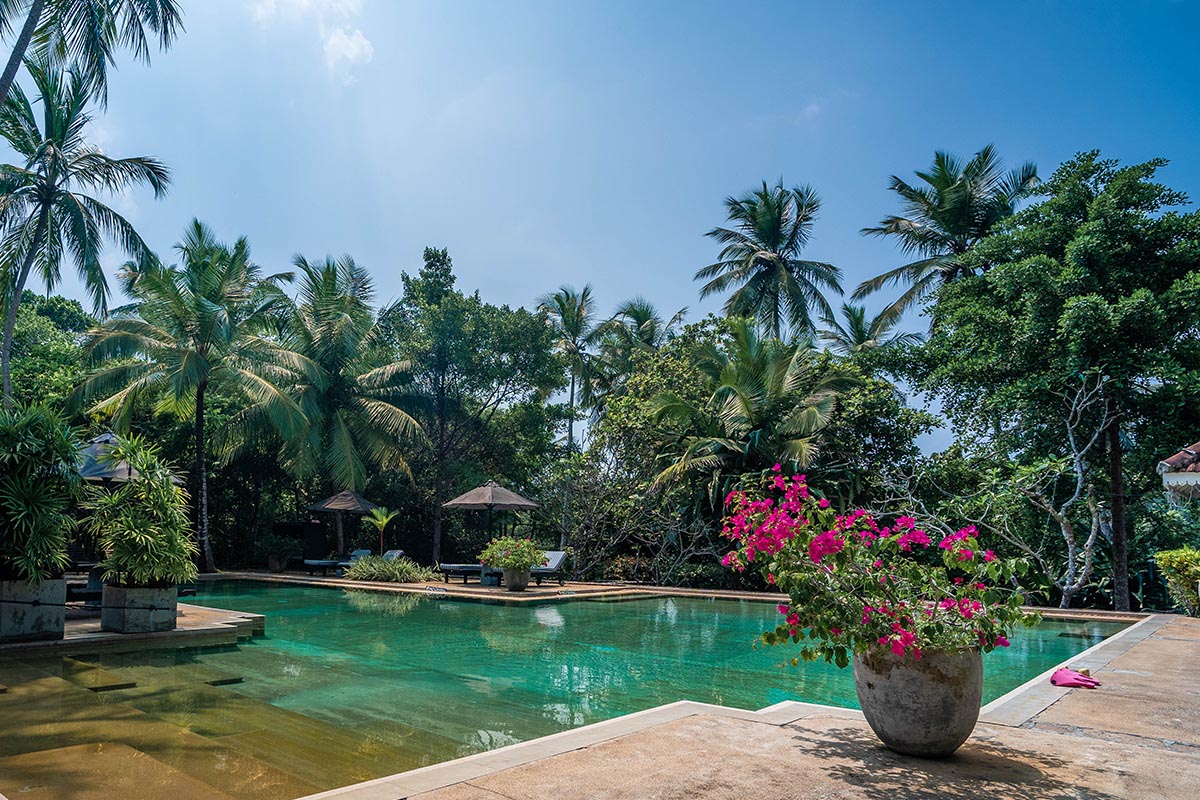
In many ways, I think now is a wonderful time to travel to Sri Lanka, as things will be less crowded and the desire to serve and please will be high. The country is so well placed to visit and from the airport to Why House is now under two hours’ drive door to door. The beaches are truly fabulous and the hills utterly breathtaking. We do love our island.”
Fernando Polanco who owns the historical Hacienda Zuleta, one of Christopher Wilmot-Sitwell’s favourite lodges in Latin America, a working hacienda that our clients absolutely love staying at:
“The situation in Ecuador has been very difficult. Sadly, our fragile economy did not permit the government to lend a ‘helping hand’ to the businesses, as the USA, UK and EU did, and the little help that was available was either too late or just plain insufficient. I know it is easy to complain about what the government did, or did not do – here in Latin America, this is an everyday sport! – but this has given us the necessary experience to understand that we have to solve our own problems and be even more innovative than we usually are. We are learning to be attentive and resourceful, fast and effective, and if some government help comes our way, we will just grab it!
We have survived by doing whatever we can. First, we tried to understand the situation and helped our employees understand the extent of what was happening – what the immediate future will hold and made them realise that, as we were doing, they should also save everything they can. And then we started to look at our options. When we were able to reopen, we had to understand our new market: Ecuadorian nationals. We did not have a lot of experience in this clientele, but we knew that Hacienda Zuleta was desirable. We learnt what our advantages were and tried to lower some of our costs without sacrificing quality, and just learnt as much as possible about our new market. Our main goal was to keep our operation in survival mode and retain jobs for our staff.
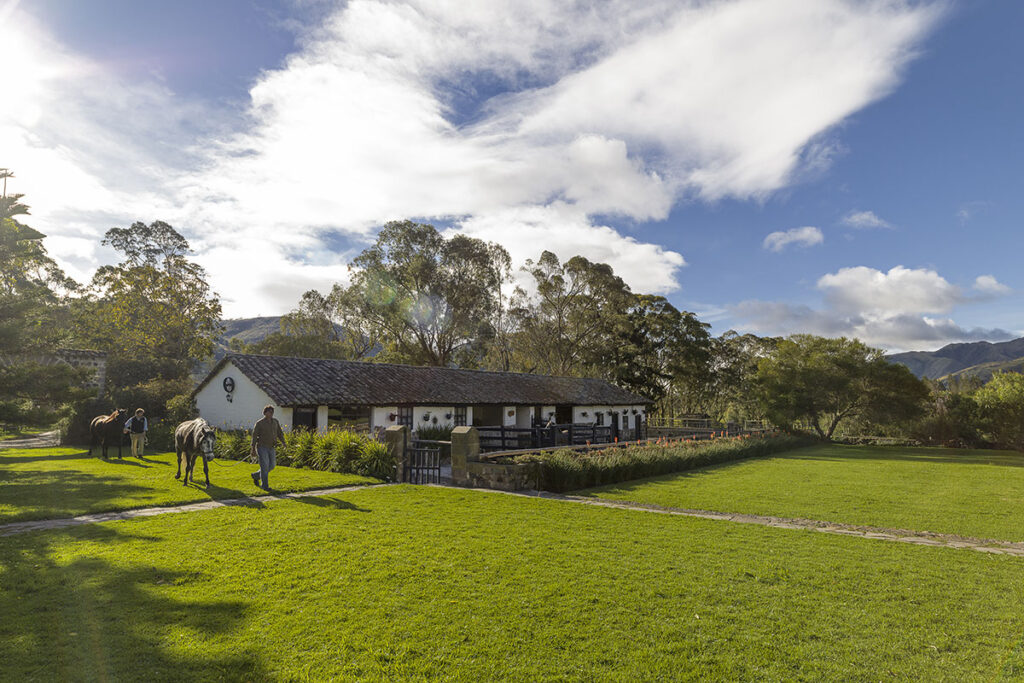
The impact, like in all the countries, has been devastating. Many businesses have closed and many people lost their jobs; and basically, we were alone to weather this storm. Tourism is a chain of connections, with everyone intertwined. We need visitors. The ripple effect was, and still is, brutal. However, we have hope for the future, thanks to our American guests who have been travelling here again since June. Our country has taken the necessary steps to be safe and secure, and we are so looking forward to welcoming your clients from the UK and elsewhere too. We are dying to attend to their every wish!”
Calvin Cottar, one of our favourite and most trusted guides and conservationists in Africa who we have worked alongside since the very beginning of cazenove+loyd, back in 1993:
“In 2019, tourism in Kenya represented 11% of GDP, 27% of foreign exchange and 12% of total wage employment, with 1.6 million people directly employed in tourism (Government of Kenya, 2019). According to the World Travel & Tourism Council, the impact of COVID-19 will likely mean the loss of some 750,000 jobs in the Kenyan tourism sector, and some well-established hotels, lodges, camps and airlines have sadly already gone out of business.
Yet the Kenyan government has managed the situation well, with cases and deaths being far lower than many other countries globally. The US Center for Disease Control and Prevention have developed a robust rating system for countries in relation to their COVID levels and risks of travel. The CDC system currently places Kenya in level 2 of a five-level scale, alongside countries such as Finland and Lichtenstein, and better positioned than the UK, which is on level 3, so Kenya is relatively safe to visit and all routes except from a few countries remain open. Tourism is now on a pathway of openness and recovery.
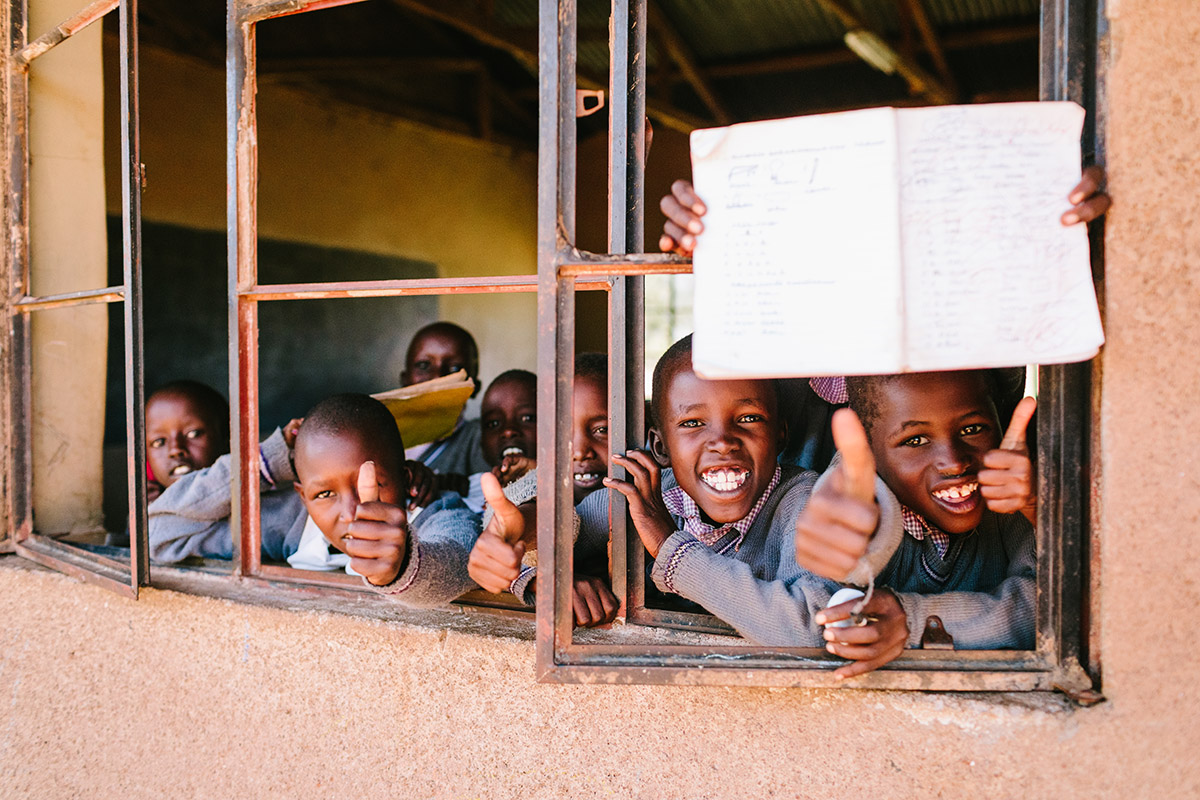
The number of guests visiting us contracted by 80% over the past 15 months. Crucial tourism-related conservation fees, which have been the primary source of revenues for the community-owned conservancy, more or less dried up. Despite these bleak figures, we have been able to keep the majority of staff paid and continue with our critically important conservation work.
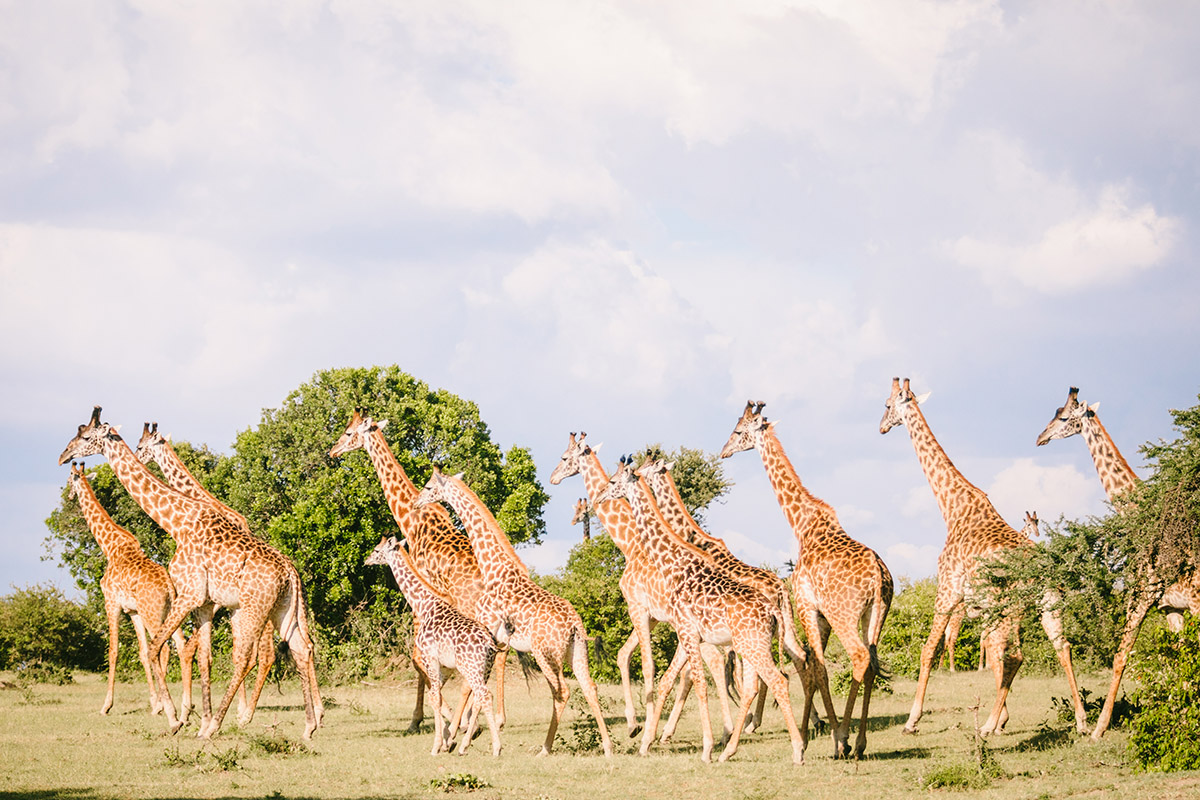
Revenues to our conservation efforts stopped overnight. With 28 rangers, including the only all-female ranger unit in the Masai Mara, we had enormous concerns that poaching would increase. The conservancy that we manage belongs to the Maasai community who derive their income from providing land for ecosystem services and tourism, so it was critical that we found ways to continue – for the community and for the ecosystem, biodiversity and key migratory corridors that we support.
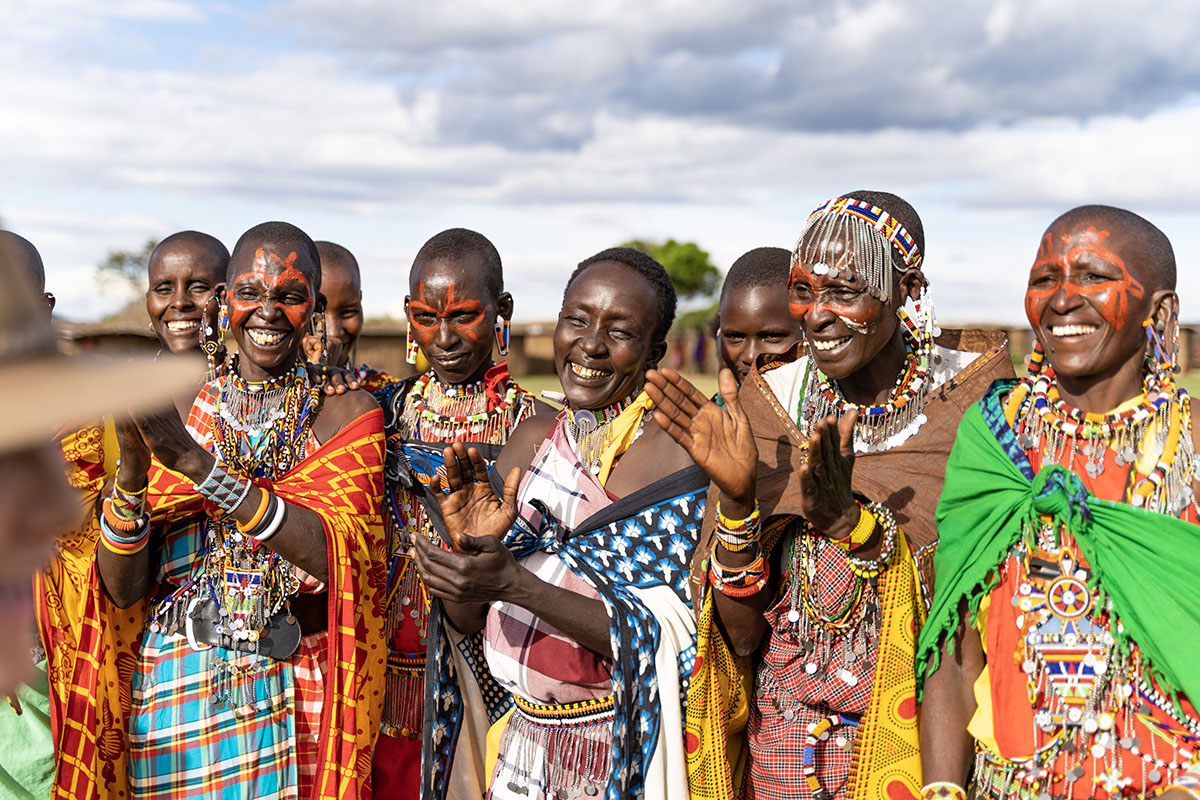
With donations from our clients, help from the African Wildlife Foundation and support from other donors, including the Kenyan government, we have managed to maintain our staff and our conservation work during the pandemic, although funding, for the conservation and the community, as we move forward, is still uncertain.
We are, very slowly, starting to see guests returning to the Mara again, which has been a huge boost to our team of guides, staff and the wider Olderkesi community. At the moment, we tend to welcome more guests from the US than Europe, but hopefully as borders open around the world, this will become more balanced, with a global return of visitors. The migration is at its peak between July and October in the Masai Mara, so now is the optimal time to visit, when wildlife is plentiful and tourist numbers are low.
Kenya was quick to react to the COVID crisis and protocols for the tourism industry were put in place. These processes have been essential in keeping the camp, guests and staff safe. However, they have been implemented as discreetly as possible, so as not to detract from the guests’ stay. The experience is largely the same. We are extremely pleased that all of our staff have now been vaccinated and most of our guests too.
We have also used this time advantageously to really look at our offering, not only for our guests but also in supporting our long-term conservation goals.Tourists really, really can help conservation. Approximately 20% of our tourism revenues end up being used for conservation, so there is a clear financial link connected to your clients coming to stay. We strive to continue finding innovative ways to secure our conservation work and make tourism more connected to conservation.
Therefore, we have created a whole series of ‘impact experiences’ in which guests can either join in on conservation initiatives or learn about sustainability, community and culture. For instance, we have a foraging and medicinal walk with a local tribesman who showcases the important medicinal and edible plants in our area. We have also partnered with the Kenyan Birds of Prey Trust, so clients can join our efforts in rehabilitating poisoned vultures. In 30 years, half of the Masai Mara’s vulture population has been decimated. Guests can also join in with reforestation seed dispersal while on a game drive or a game walk. These ‘impact experiences’ all support the Cottar’s Wildlife Conservation Trust and other local projects.
Now is also a rather unique time for guests to visit Kenya. The great wildebeest migration is one of the most phenomenal natural shows in the world and, this year, will be one of the best years ever to witness it. Normally, the coming months are booked solid, sometimes even up to two years ahead, but because of the pandemic, this is not the case and we would love to welcome you. A win-win all round.
Excitingly, we are seeing an increase in visitors planning to travel in 2022 and 2023, so we hope to have a greater level of normality next year. Located in such a remote area, Cottar’s is a beautiful area to escape away from it all and live in the moment. Coming out of the pandemic, we hope there will be increasing demand for travel that is individually curated, genuinely and positively sustainable and impactful, away from the madding crowds.”
The impact on local communities and the conservation of wildlife and wild spaces has been huge. We spoke to some of our contacts on the ground in Africa to ask them to tell us more about the effects of COVID-19 and why people should travel when they can
Jackson Looseyia, Maasai guide made famous by The Big Cat Diary and owner of Tangulia Mara, a very beautiful and down-to-earth camp in Kenya’s Masai Mara:
“With many travel restrictions both locally and globally due to the pandemic, we were not able to host any guests in 2020. That directly affected my income as a camp owner and guide in the Masai Mara. Feeding the family and covering my personal needs was a challenge. As an entrepreneur, my business was at a standstill. My family members went on unpaid leave and it was quite difficult to sustain the lifestyle we enjoyed before the pandemic.
I am a cattle farmer, so selling milk and some of my cattle ensured we were able to stay afloat, even when the Mara was completely closed down. Our international friends also sent their support, which was a much-needed boost. Wild landscapes and wildlife thrived during the pandemic. The human disturbance levels were very low, allowing the wildlife to roam more freely. There was, however, a slight increase in poaching activities due to reduced cash flow within the community.
The most affected members were the small businesses serving camps and other community members that cater to the tourist market. With many countries finally opening up, we have already started receiving some international guests, so I am feeling very optimistic about the future and I am glad to be back with the wildlife. The tourism economy does not just cater to employment; it also caters to conservancies and the community at large. Tourism allows the Mara to flourish and we are glad to see some traction in the past two months. Now is a great time to come to Kenya, as the number of travellers is still low, so it is a private and exclusive experience for visitors. Plus, the migration has begun, so the plains look picturesque.”
John Barclay, one of many exciting young guides in Botswana who Henrietta Loyd travelled with in 2018:
“The pandemic has had a huge effect on the wildlife and communities in Botswana. Many rural communities, based on the edge of the Okavango Delta, rely on income from tourism and a single employee may regularly support up to 15 family members. Many of these employees live hand to mouth and so the pinch was felt immediately.
We all predicted mass bushmeat hunting (‘poaching’) to provide for these families, but fortunately, two things happened: firstly, Botswana’s government subsidised a portion of the income to assist tourism operators to keep paying their staff, and secondly, the country’s drought broke with immense rains – twice the annual rainfall. This allowed employees in the tourism industry to divert their attention to subsistence farming. Unfortunately, bushmeat poaching has increased, particularly in 2021, as the government subsidies have dried up along with the rain. Areas hardest hit are adjacent to communities living in the Okavango but, thankfully, our Moremi Game Reserve remains a sanctuary for the wildlife.
However, we are hugely optimistic about the future. We have just had a fantastic few months of back-to-back safaris and the wildlife in the Moremi Game Reserve has been extraordinary. People travelling to Africa are conservationists whether they are conscious of the fact or not. What last year has taught us is that we need the revenue from tourism to protect these last great wildernesses.
The last couple of rainy seasons have provided wonderfully for the wildlife, and it is a spectacle to witness Africa’s greatest oasis, the watery wonderland of the Okavango Delta, at full tilt. Huge herds of antelope are full of energy, the plains are attracting a smorgasbord of game and the predators abound. We witnessed a pride of 17 lions bringing down a hippopotamus in June, leopards seem to be in every sausage tree, the wild dogs are denning and the bush is alive with fat antelope having thrived during the last few rainy seasons.
The leaves continue to fall from the trees and the grasses are getting drier and shorter every day, which means that visibility is excellent. More and more animals congregate near the water and floodplains for grazing. The next few months are special, as water spreads into areas where there was none the day before and the game drives, mokoro and boat trips become more exciting as new areas can be explored.
Soft early morning and evening light, combined with dust, produces many stunning photo opportunities of the abundant action and amazing sightings. If you travel this year, the bonus is you can almost have the entire area to yourself.”
Clive Stockil, renowned conservationist, co-founder of the Mahenye CAMPFIRE programme, founder and co-director of Chilo Gorge Safari Lodge on the edge of Zimbabwe’s Gonarezhou National Park. The Mahenye Charitable Trust was created to provide a conduit in support of various community needs to the families living in close proximity to Chilo Gorge Safari Lodge.
“The pandemic has had very little direct effect on wild landscapes and wildlife in this area. In fact, we experienced above average rainfall this past season, which has been beneficial, as populations of all species have grown significantly due to the abundance of grazing. This has also improved the predator numbers.
Life has been more difficult for the local Mahenye community. There have been no recorded confirmed cases of COVID in the community, but, of course, the economic impact on our vulnerable rural community, due to the restrictions and lack of visitors, has been inestimable. In addition, due to the excessive rains, which negatively affected the traditional food production, the community has experienced a food shortage. With the assistance of the Mahenye Charitable Trust, Chilo Gorge Lodge has been providing monthly food packs to 110 families in need.
All bad things come to an end and good things have a new beginning, and we are optimistic and very much looking forward to a brighter tourism future. The loss of revenue experienced over the past 18 months has seriously impacted our viability. Although we never retrenched staff, we had to cut wages by 50% on a voluntary basis. We remain hopeful and are seeing signs of tourism recovery and increased occupancies in the near future.
We are not only looking forward to a ‘brighter tourism future’ but also that we have had time to re-evaluate how our tourism model is working and are on the road to implement strategies and changes that ensure better resilience for future challenges, which will come and we want to be prepared for. We are seeing a return of international tourists and especially places like Gonarezhou, which have been enjoying a successful conservation track record over the past years have found their place on the bucket list of many travellers.
Zimbabwe has a diversity of attractions, including the Victoria Falls, the Great Zimbabwe Monuments, Matopos, diverse and interesting cultures, warm people, prime wildlife areas, pristine habitats and landscapes. Now is the time to witness the success and the transformation of the unique Gonarezhou National Park, a valuable extension to the Greater Limpopo Transfrontier Conservation Area.”
Communities have been adversely affected all over the world. We asked Jenny Wilkinson, Head of our Central+South America + the Polar Regions team, to describe the efforts of one of our favourite lodges to support its local community
“There are many examples of lodges that are doing incredible work to support their local communities, but to me, Sol y Luna, in Peru’s Sacred Valley, stands out.
In 1996, Marie Hélene Miribel (known as Petit) and her husband, Franz, opened their own school and the first luxury hotel, which would fund it. Today, Sol y Luna is a Relais & Châteaux hotel and the Sol y Luna Foundation includes kindergarten and secondary schools, an orphanage and a centre for special needs children.
The school, hotel and foundation of Sol y Luna are at the heart of the community and guests are very much invited to get involved during their stay. The pandemic has been extremely challenging for Petit and she has spent the last year personally delivering food packages to the most vulnerable families, and has managed to adapt the school to digital learning, involving supplying computers and internet to the majority of the families. Peru has been one of the hardest hit places in the world and we are so proud to work with people like Petit – she is so much more than the owner of a luxe hotel.”
